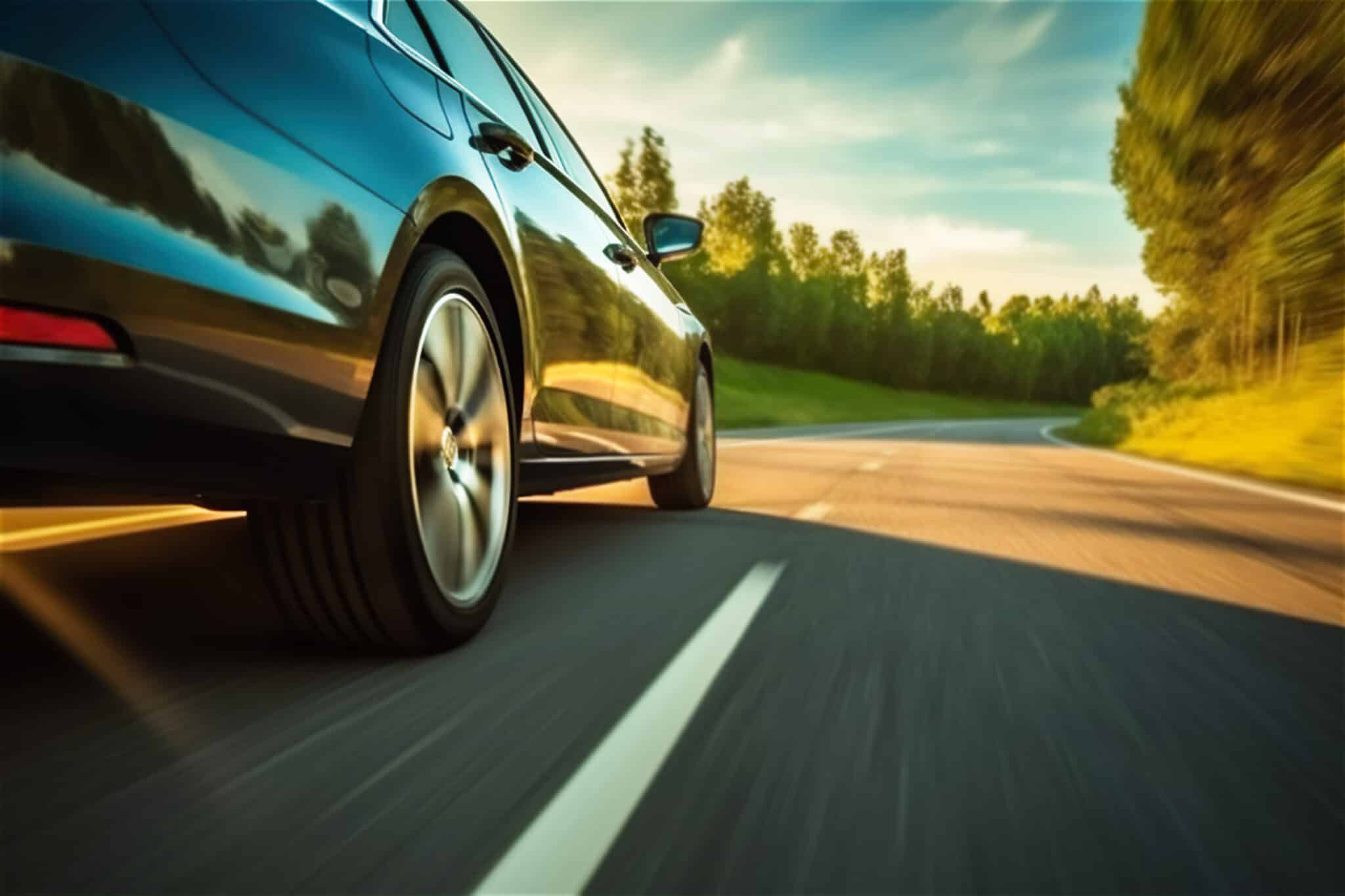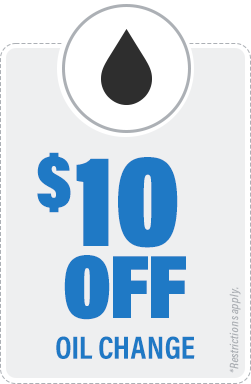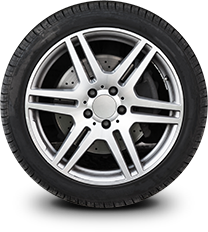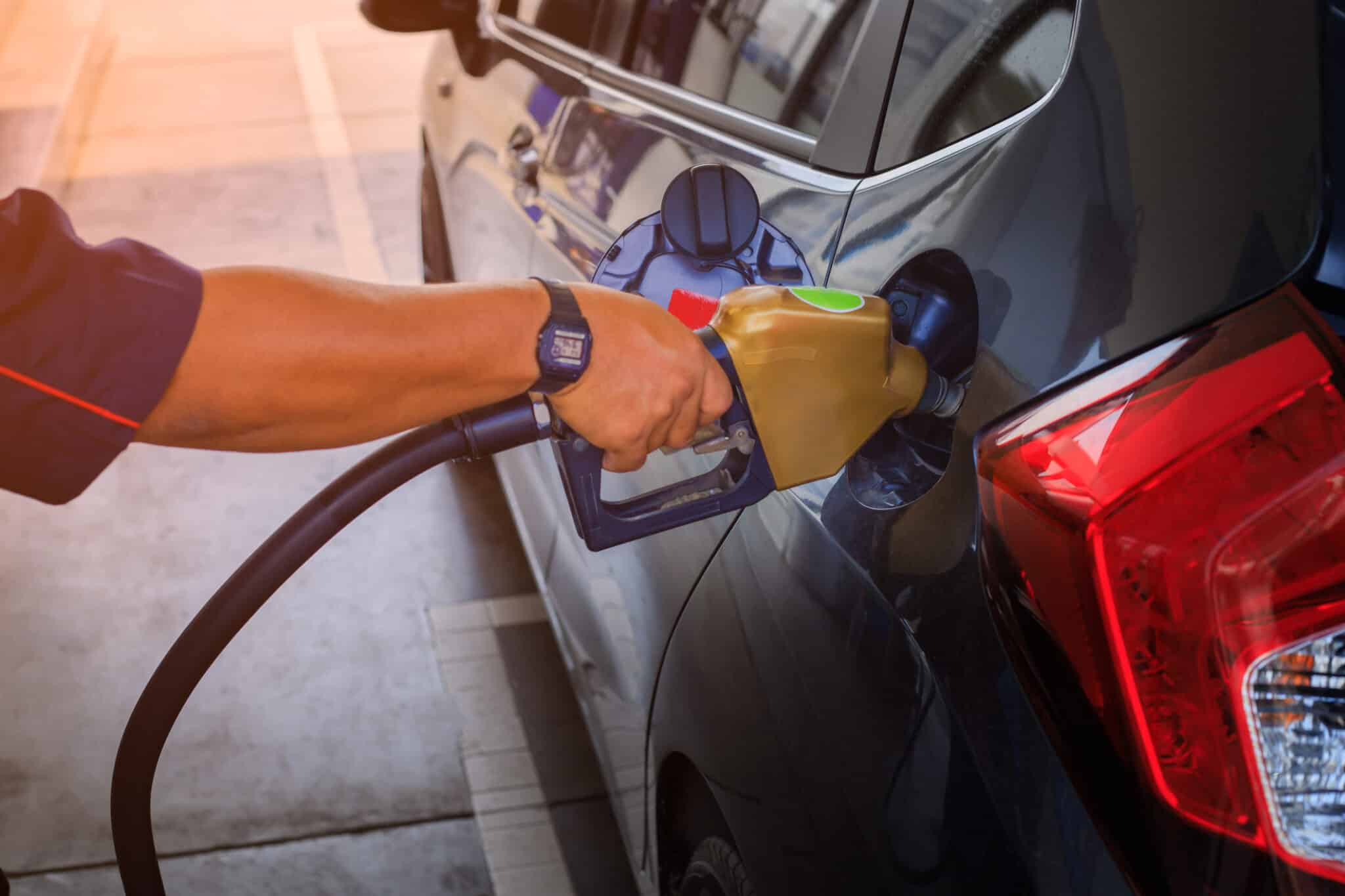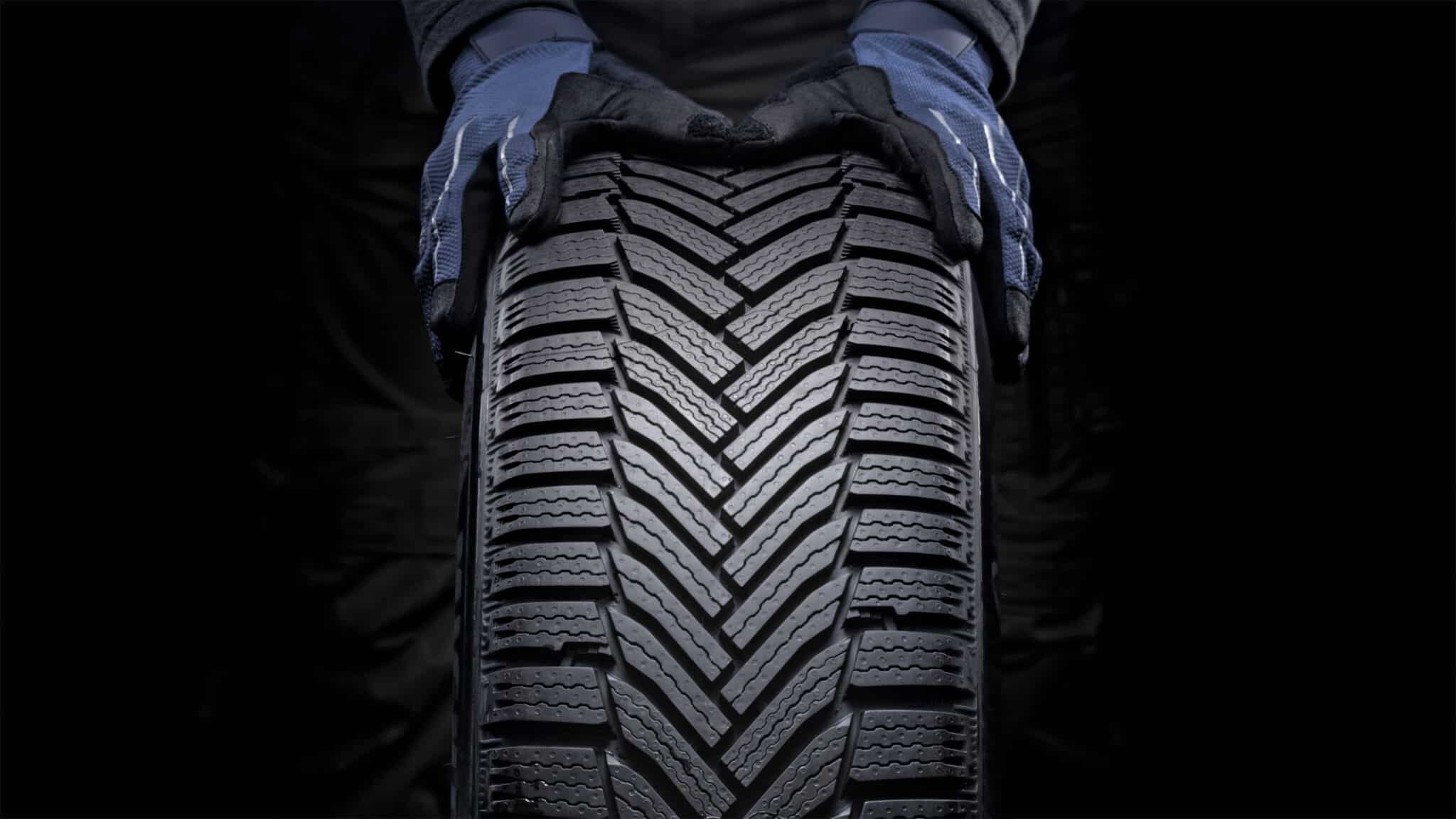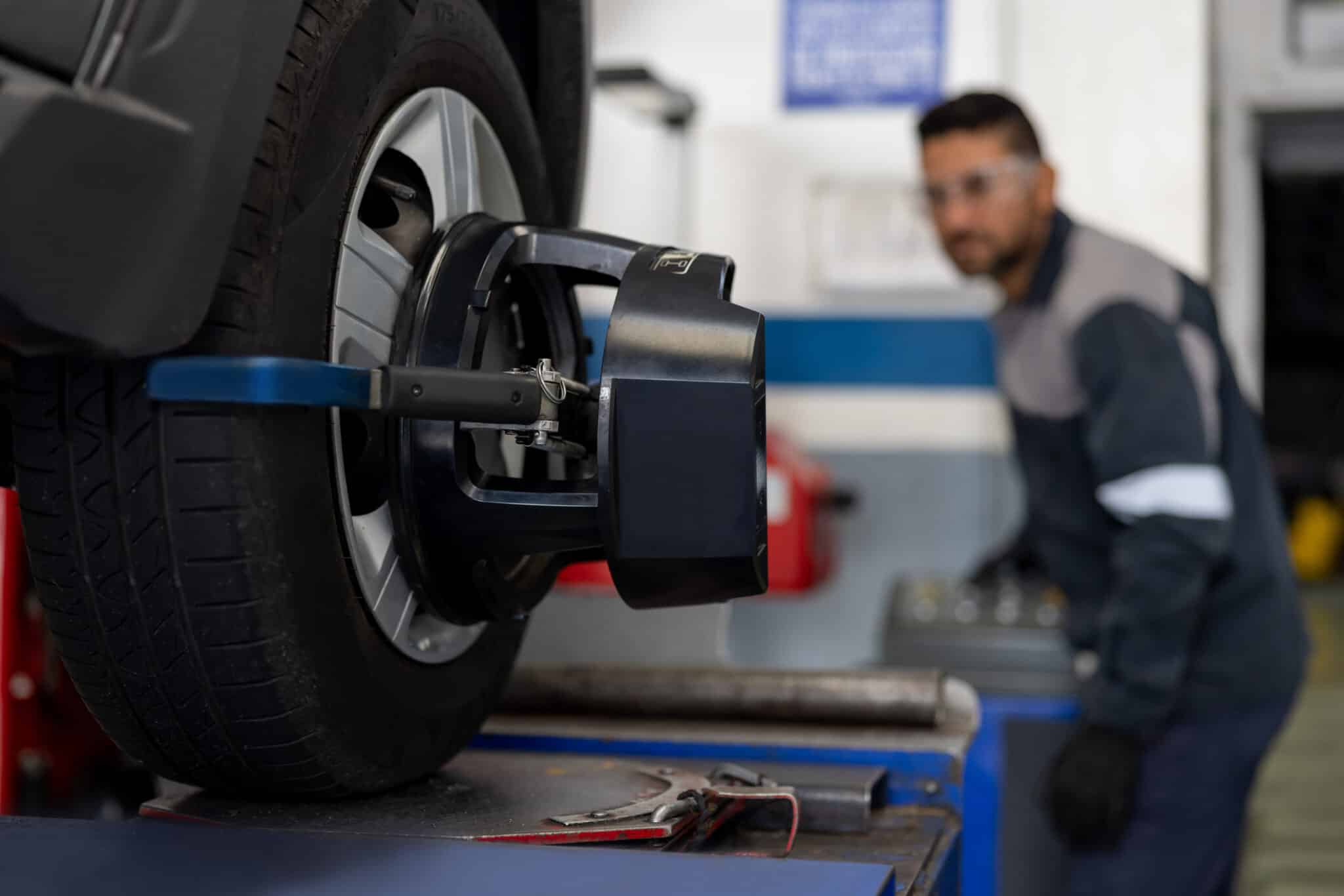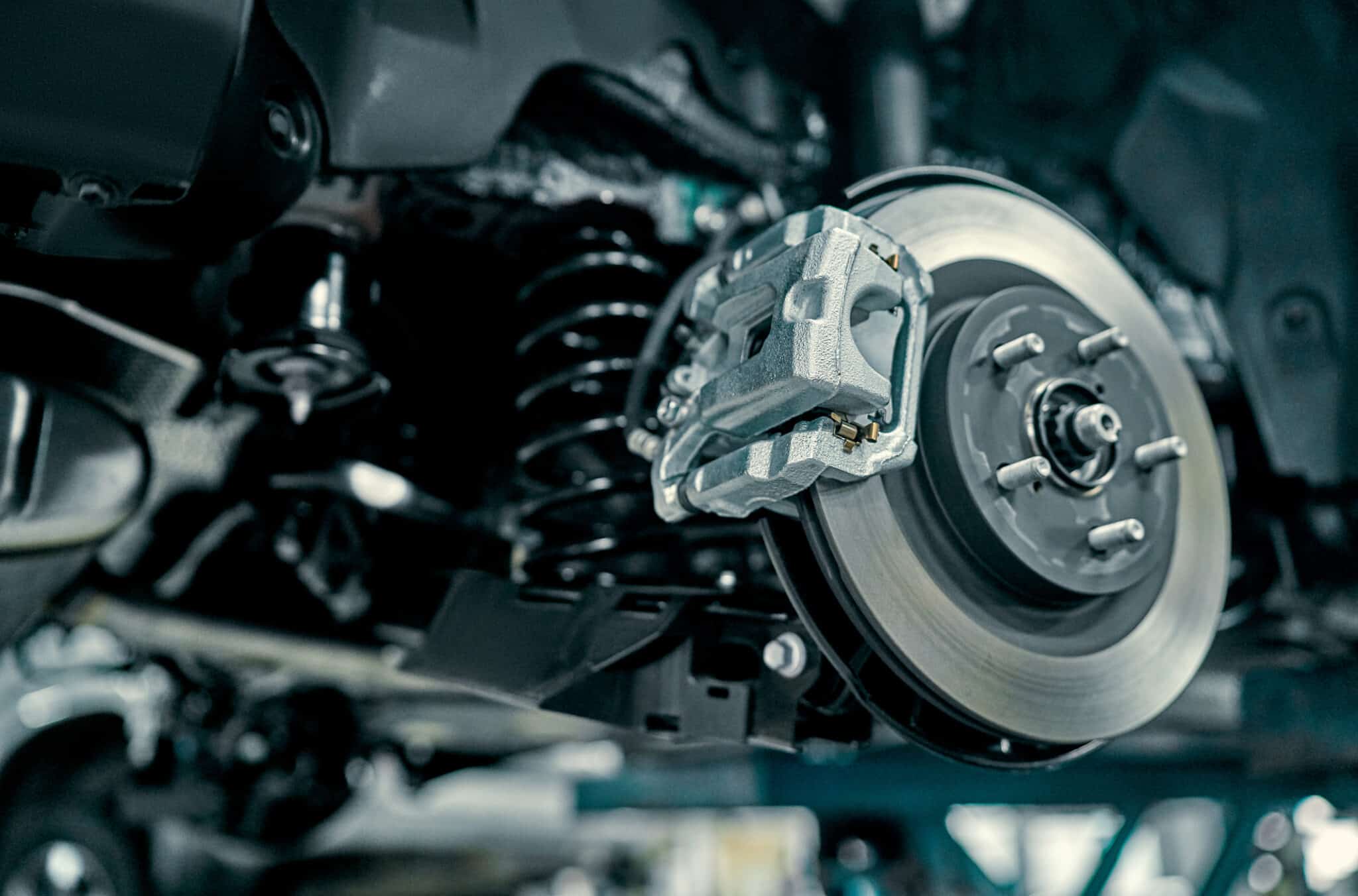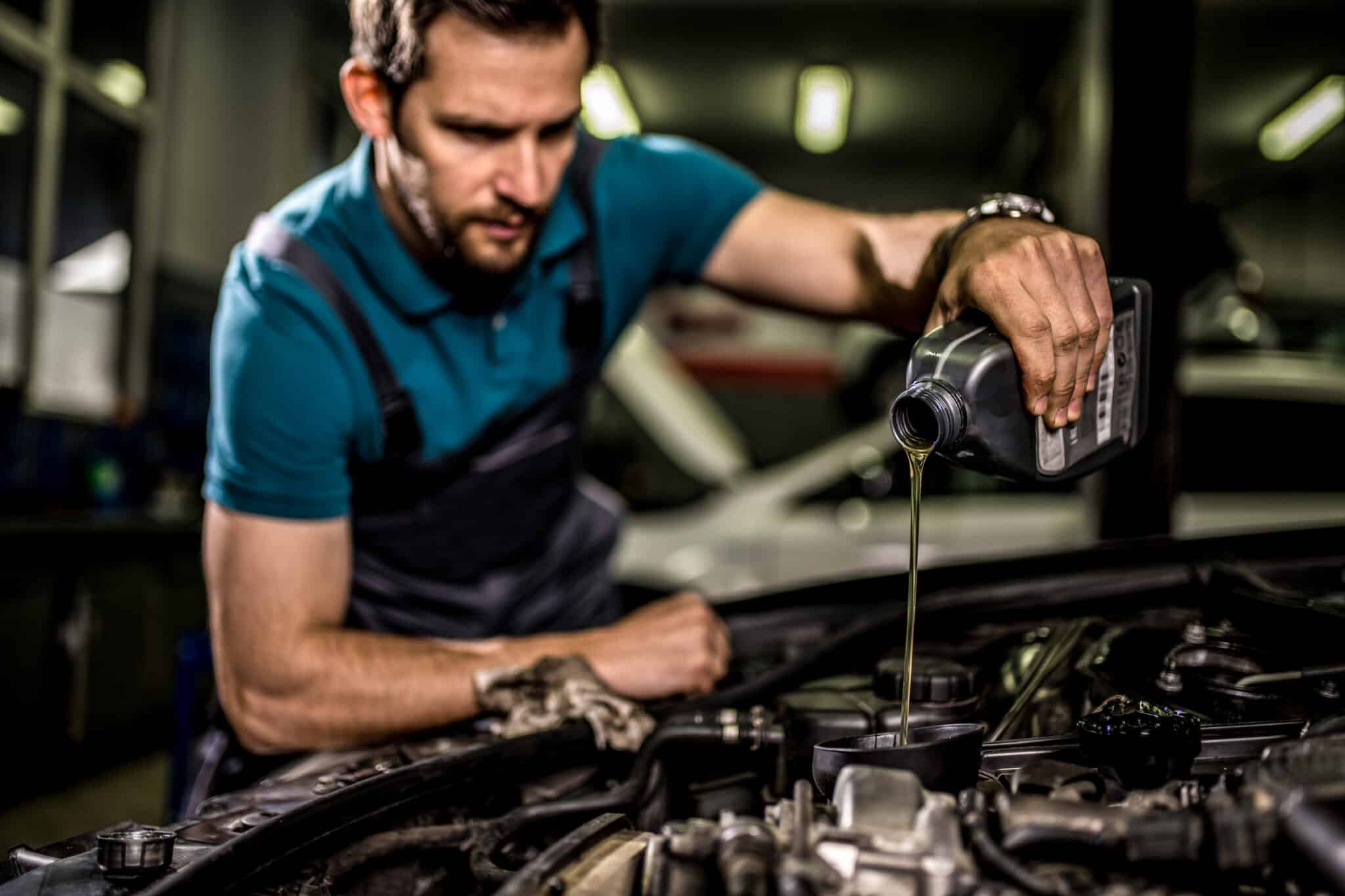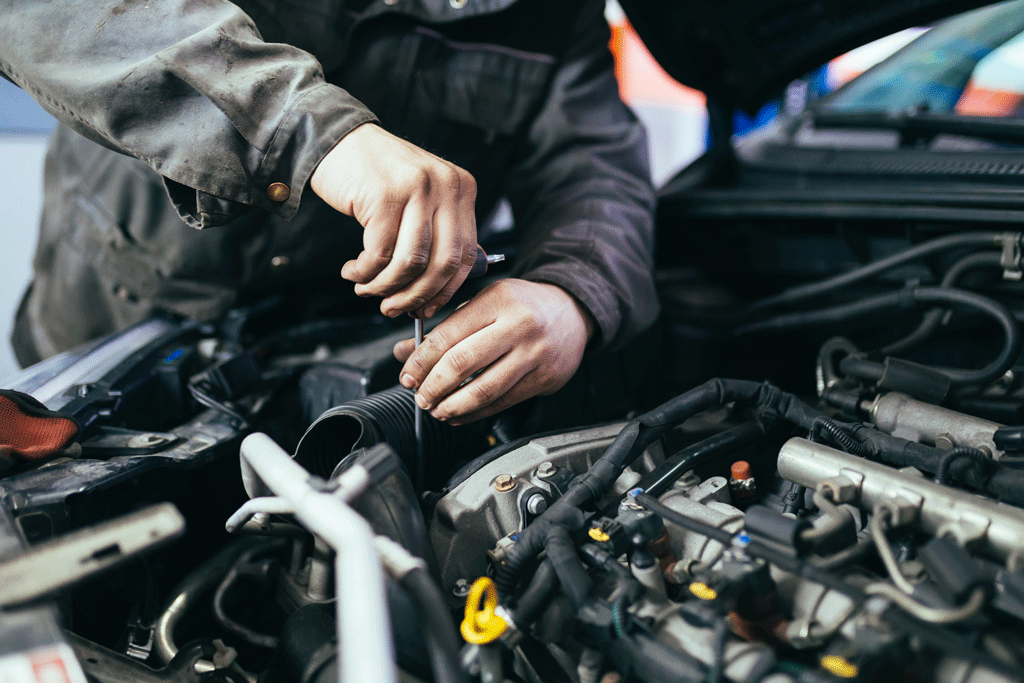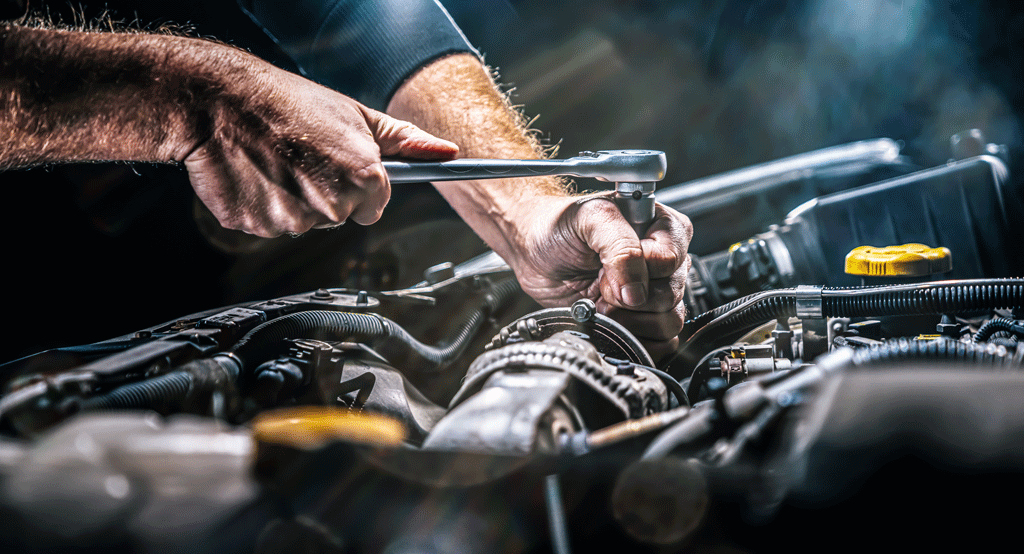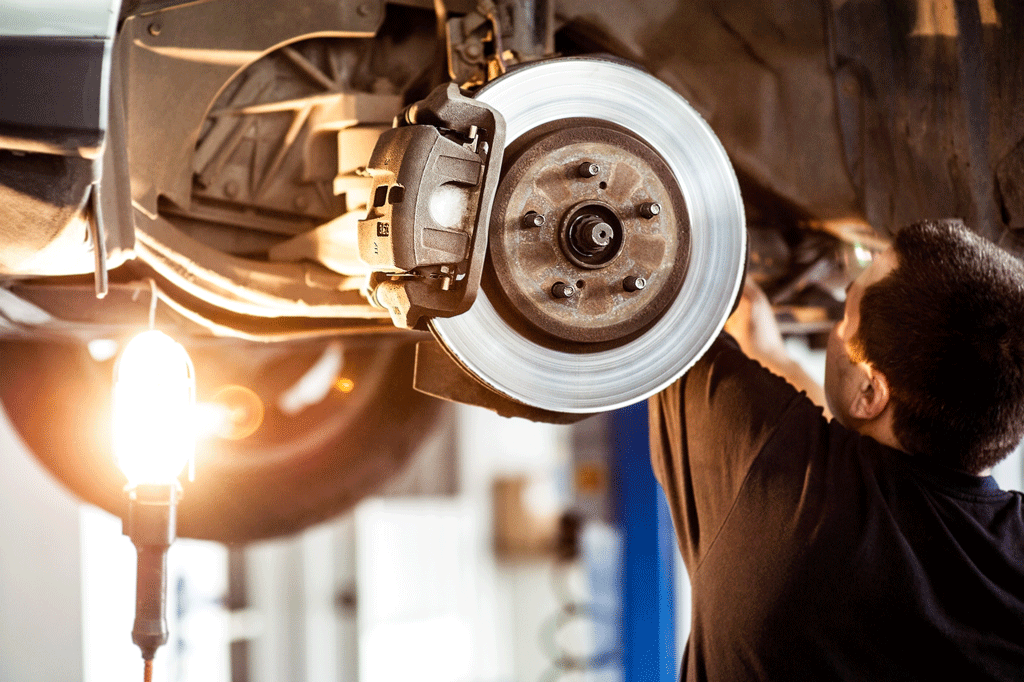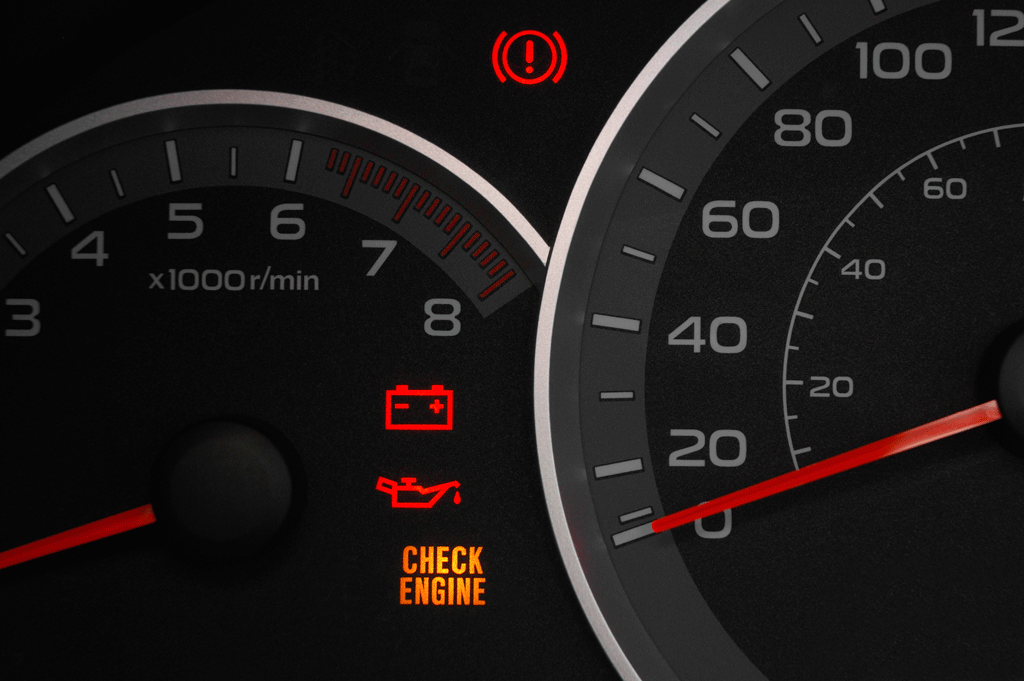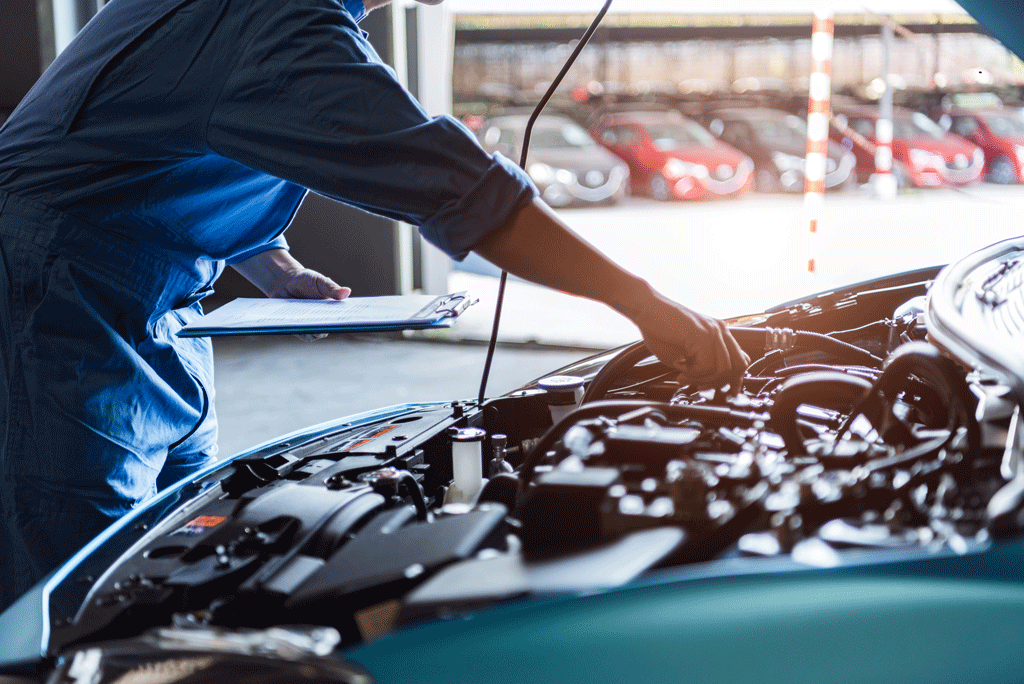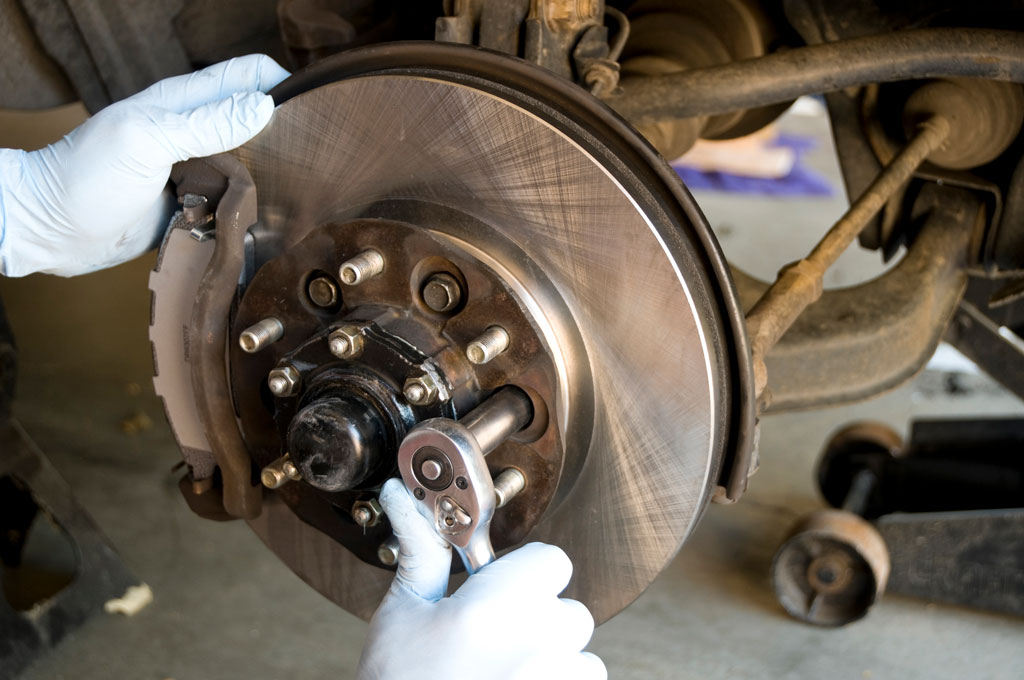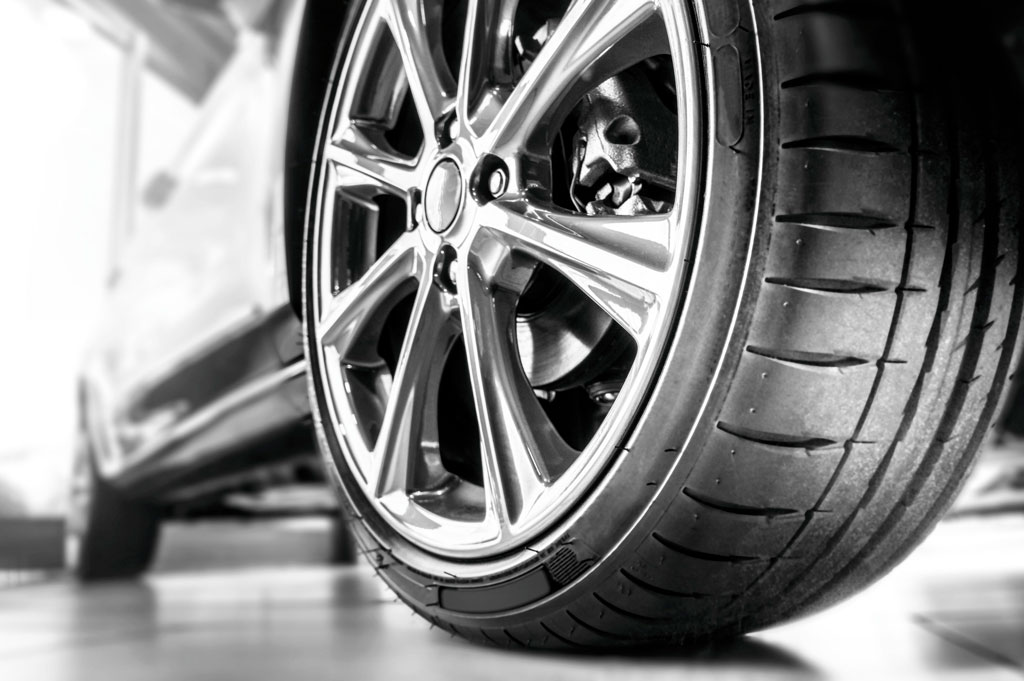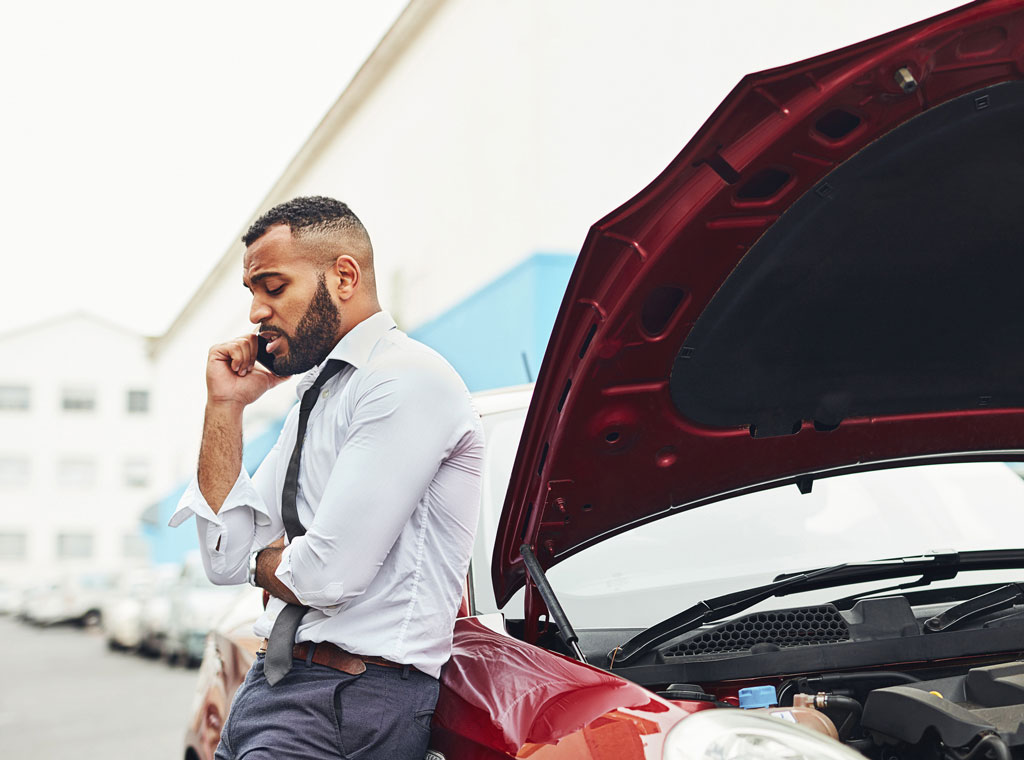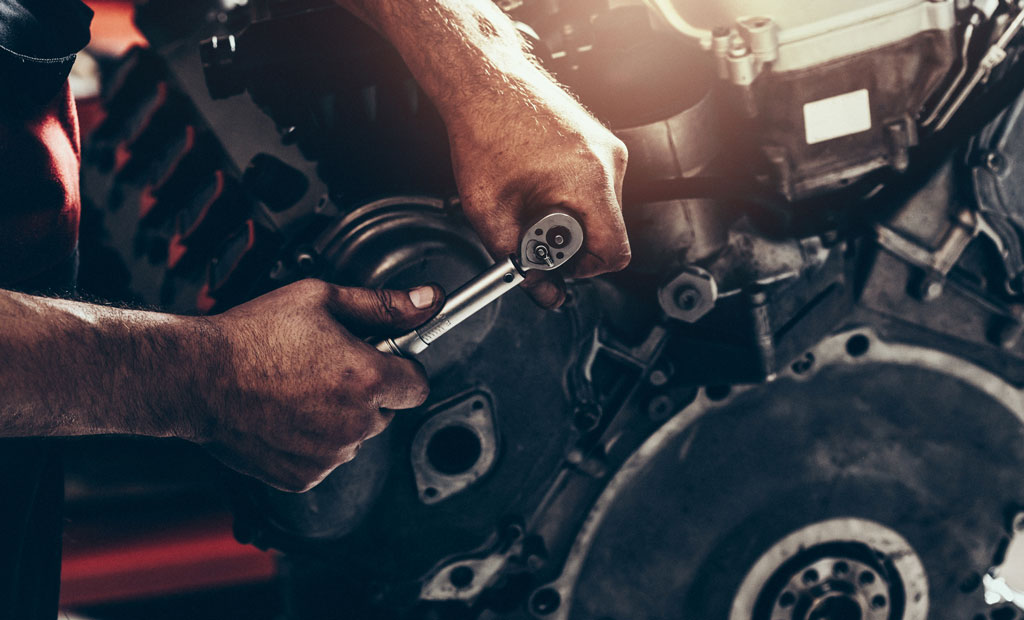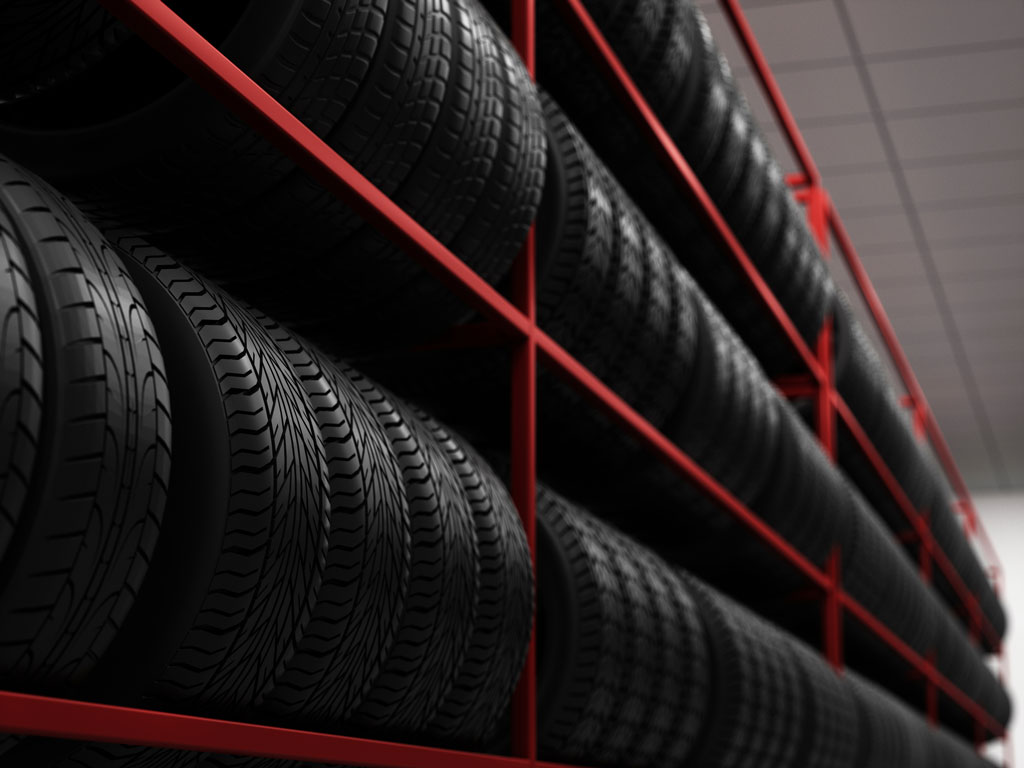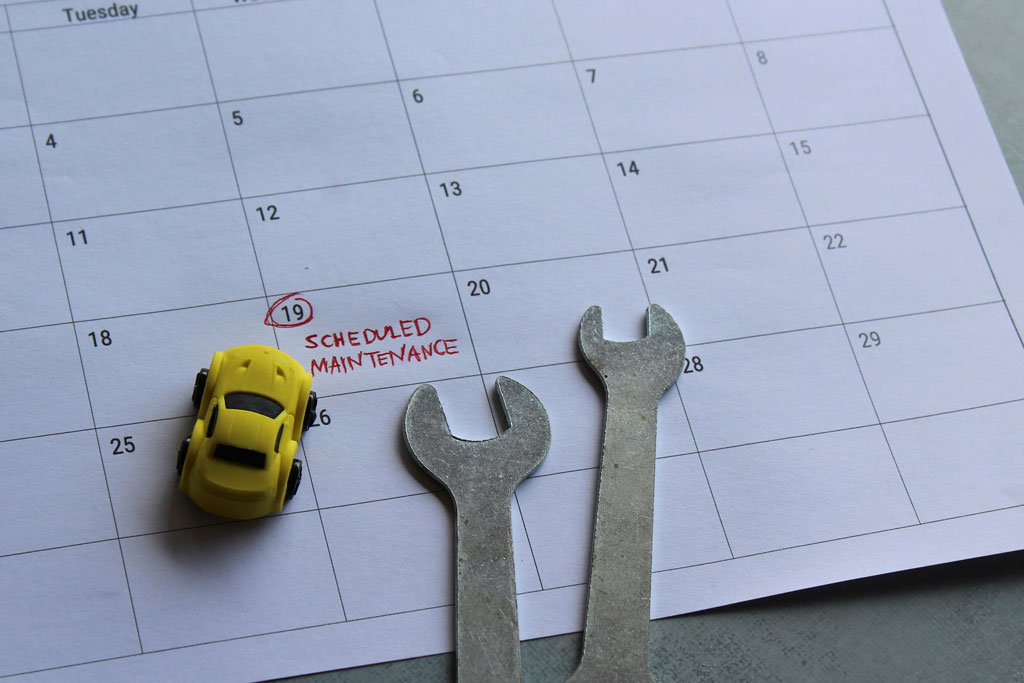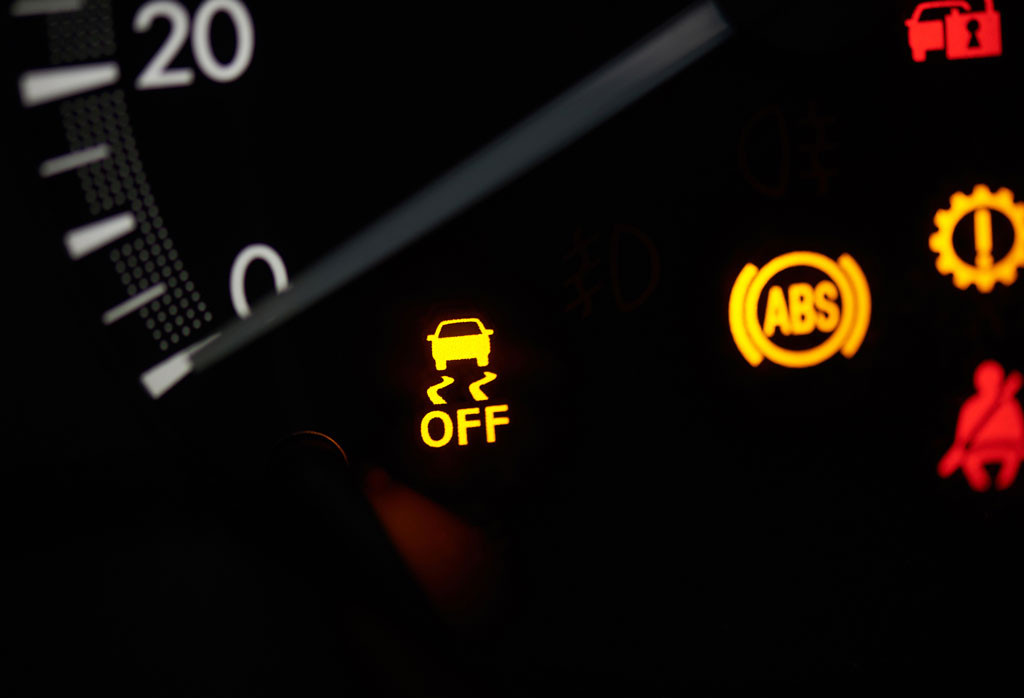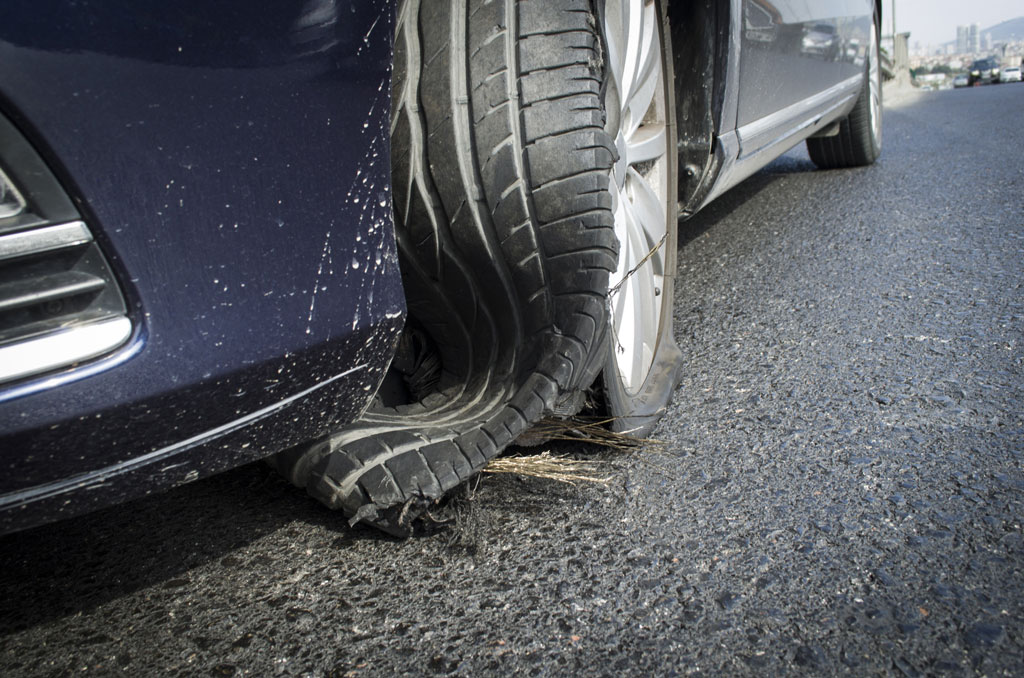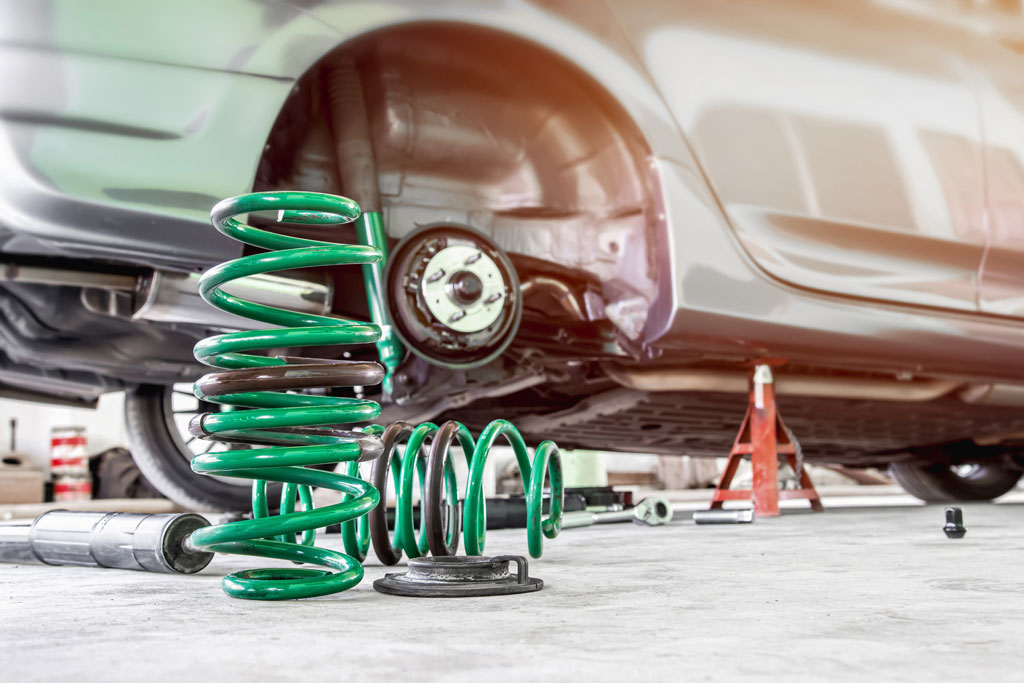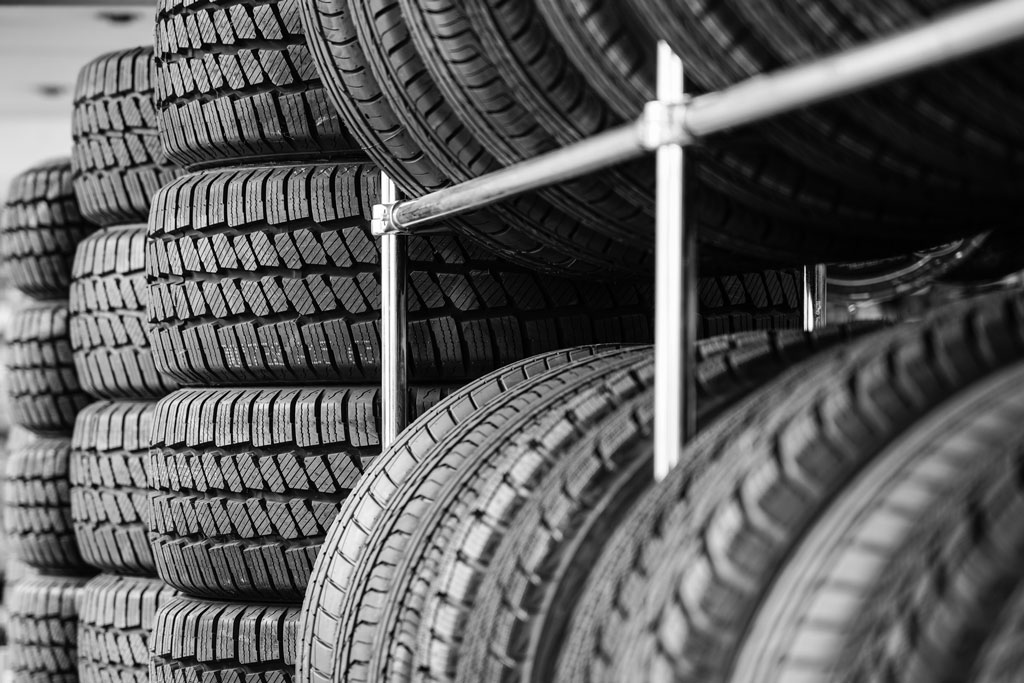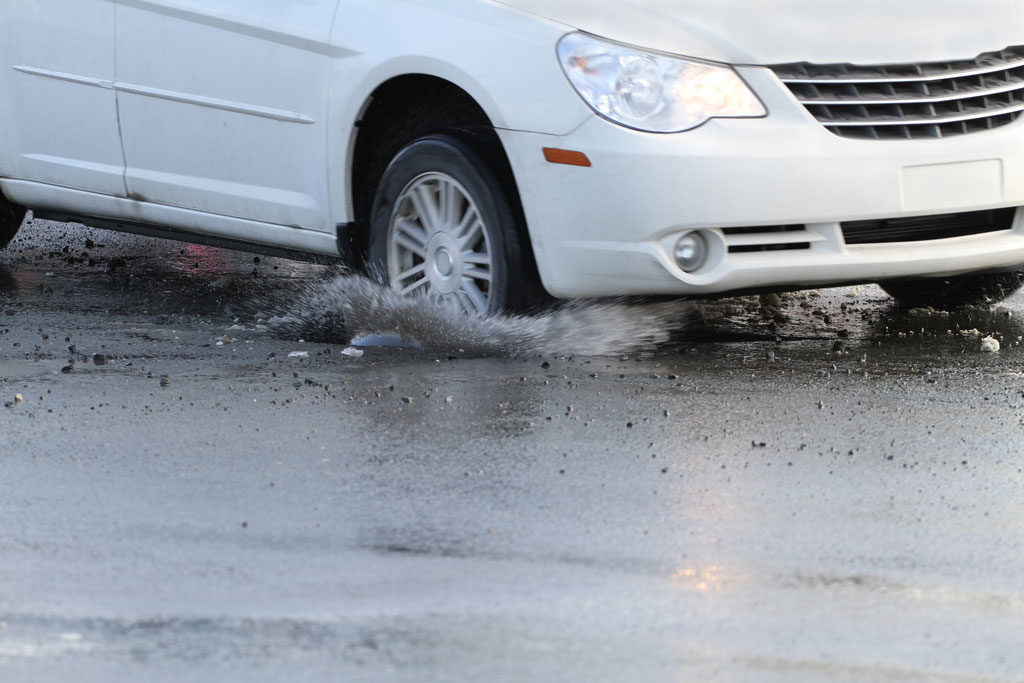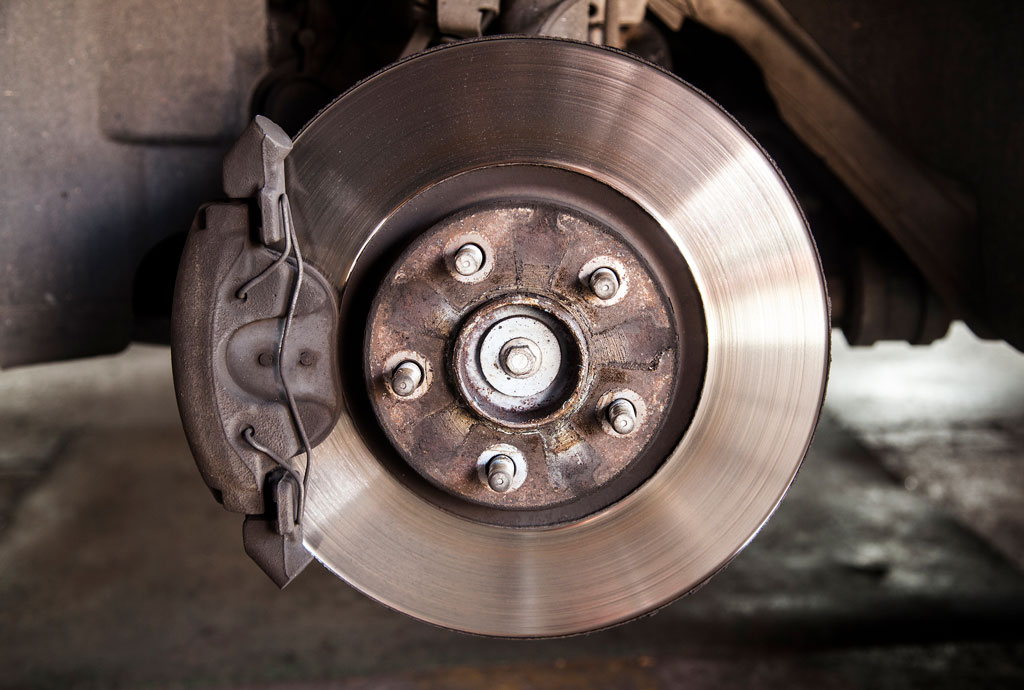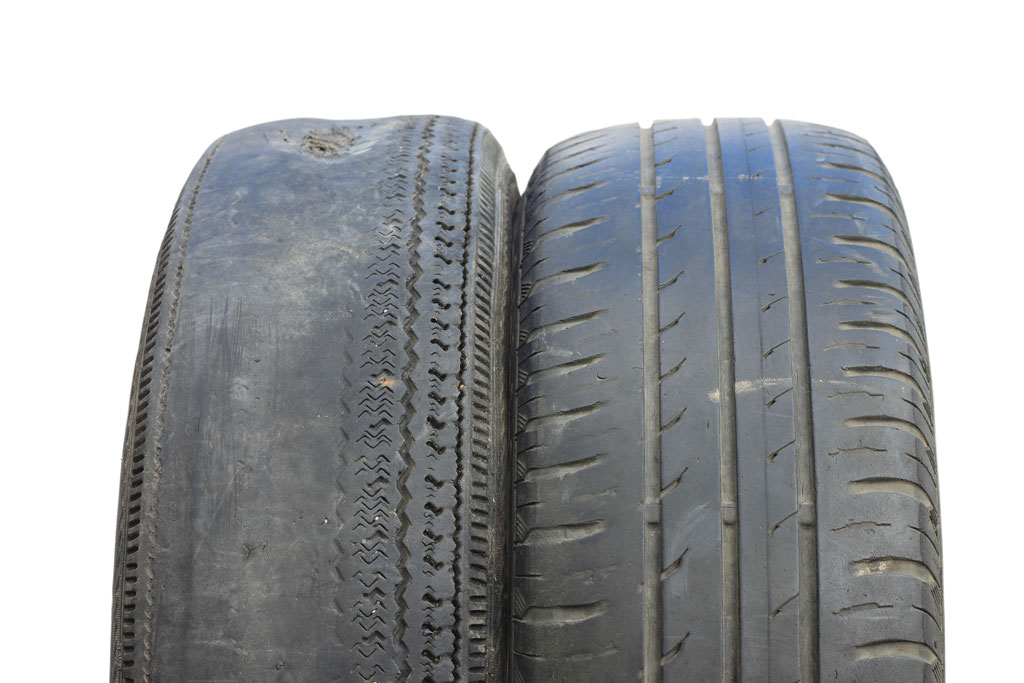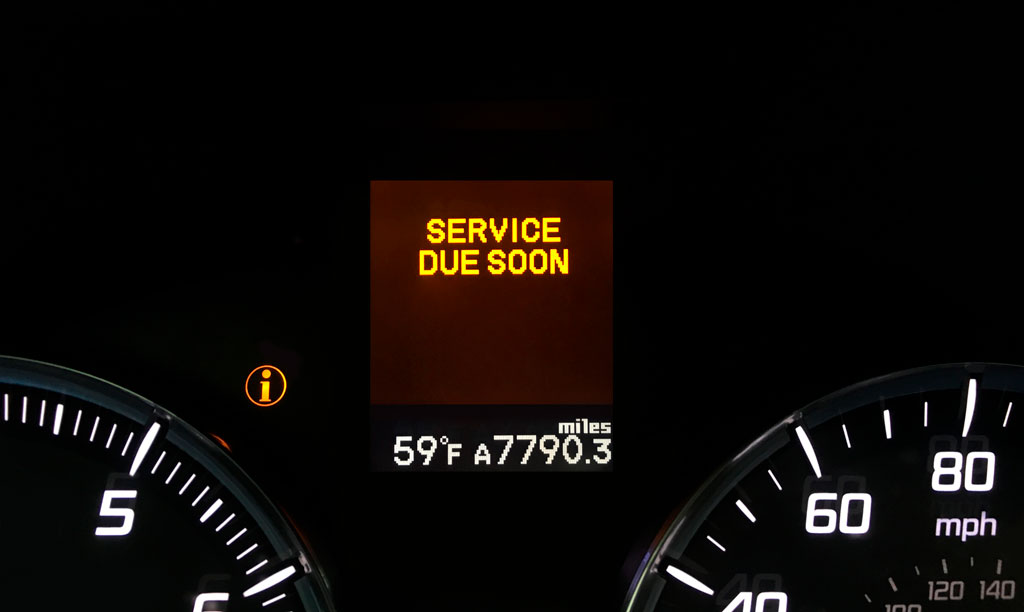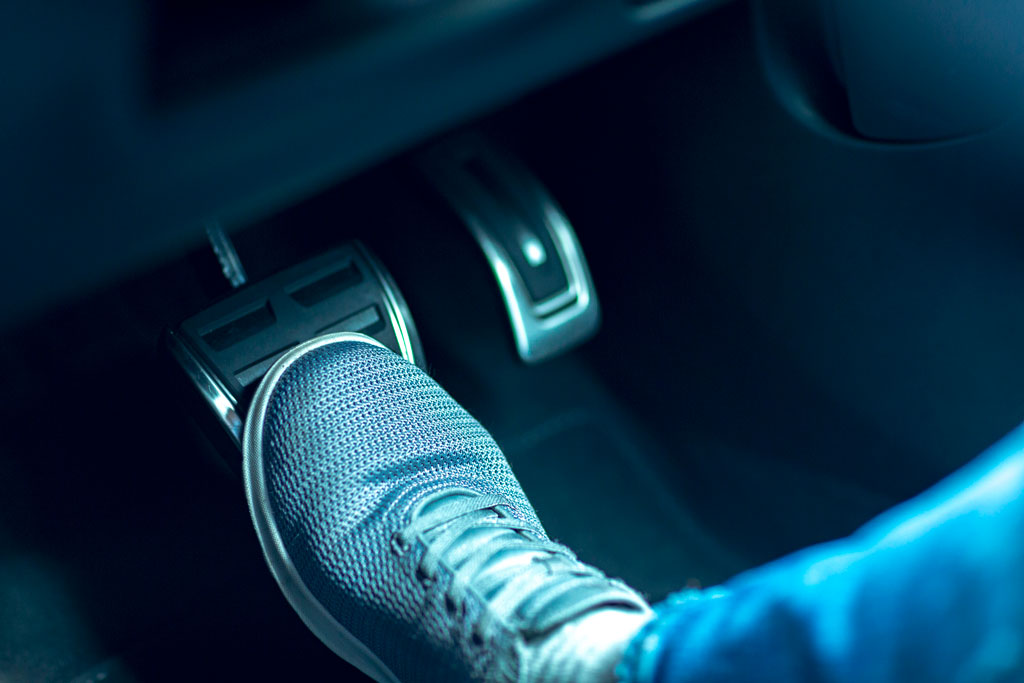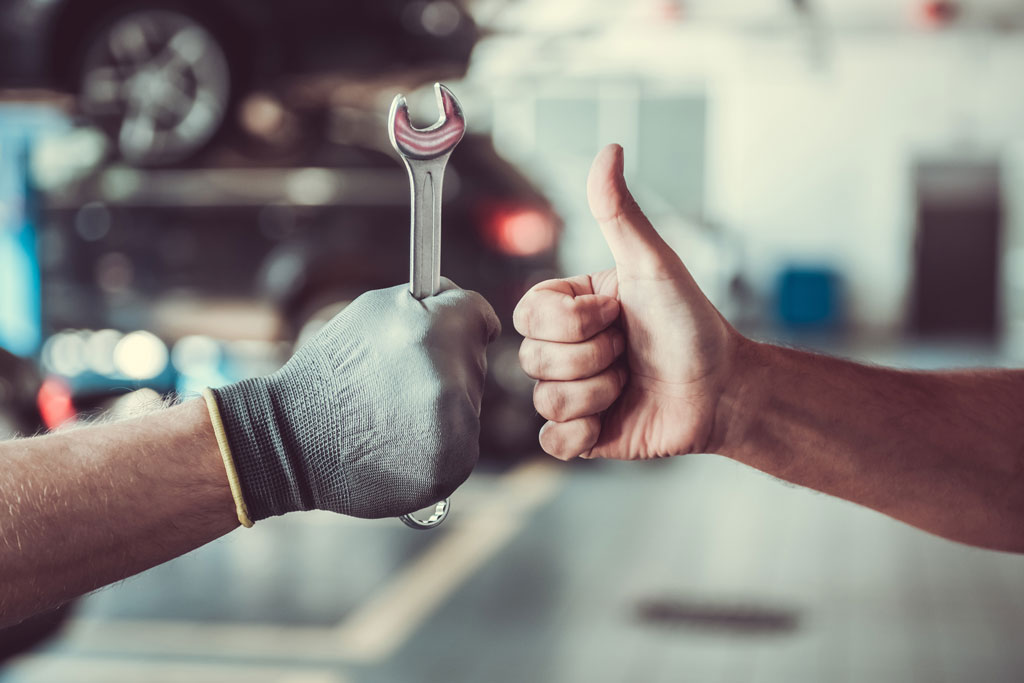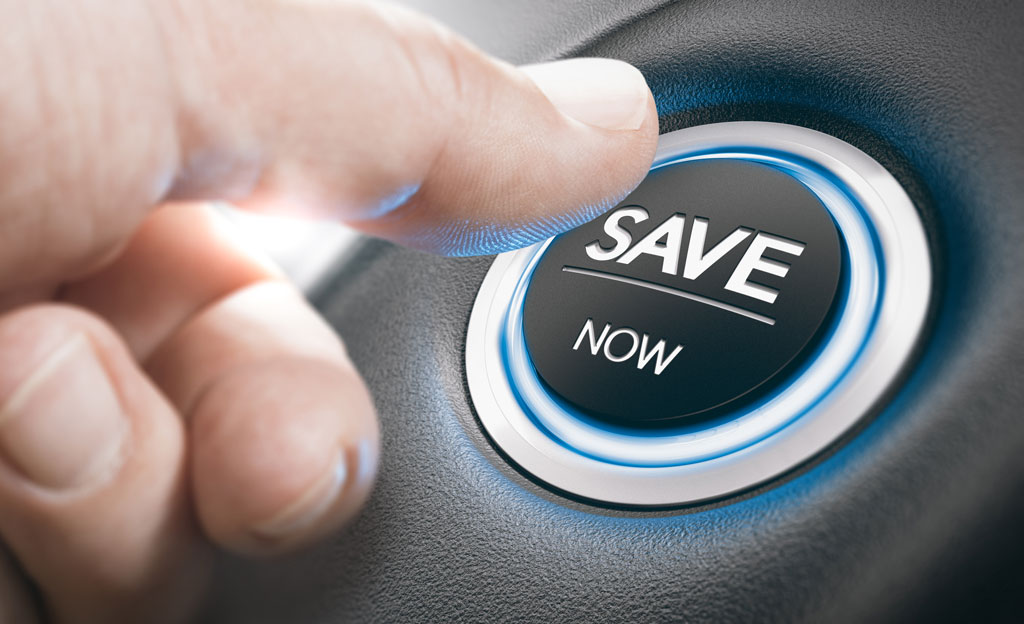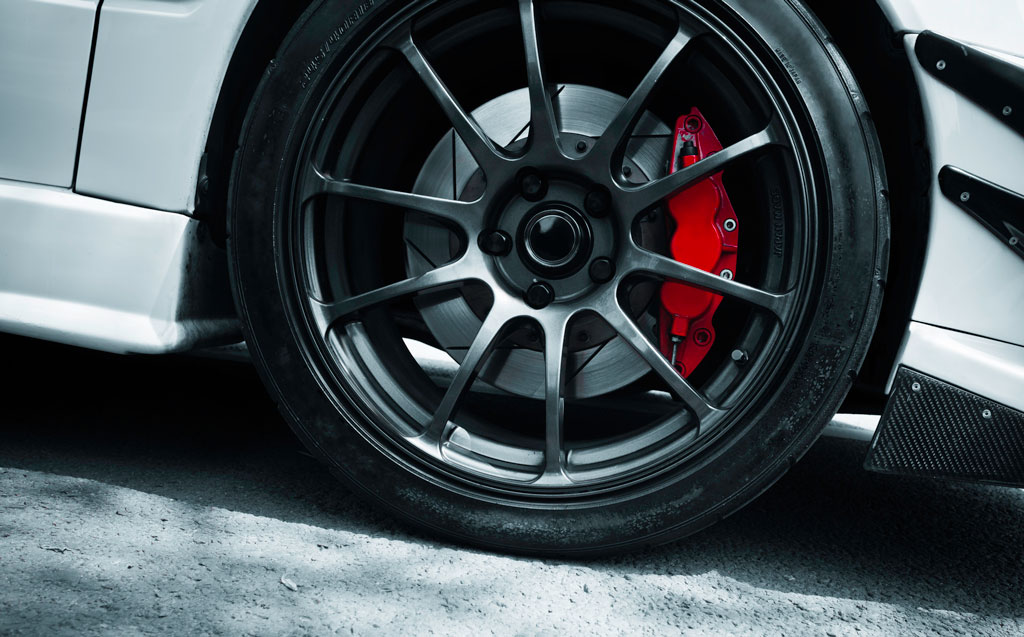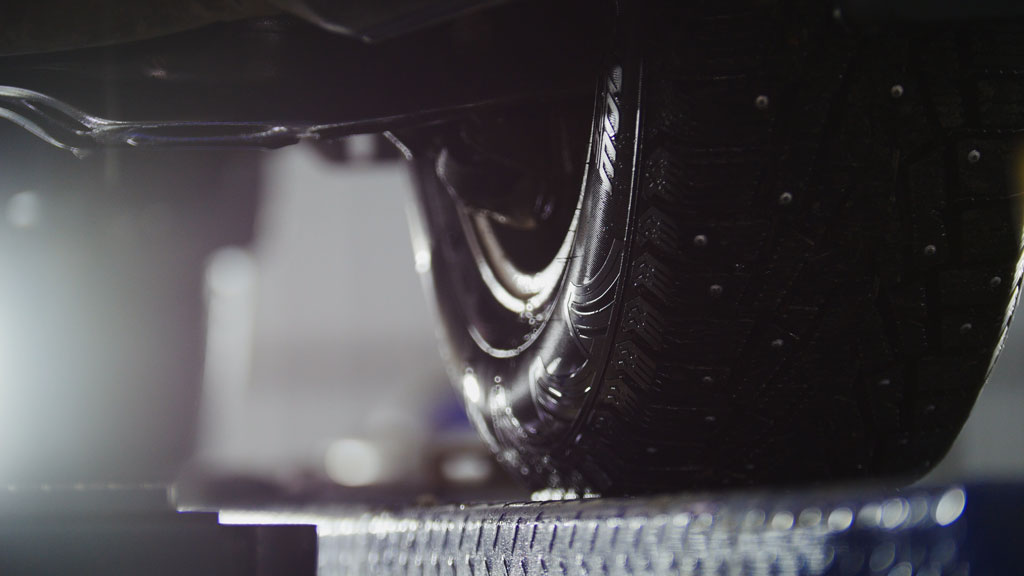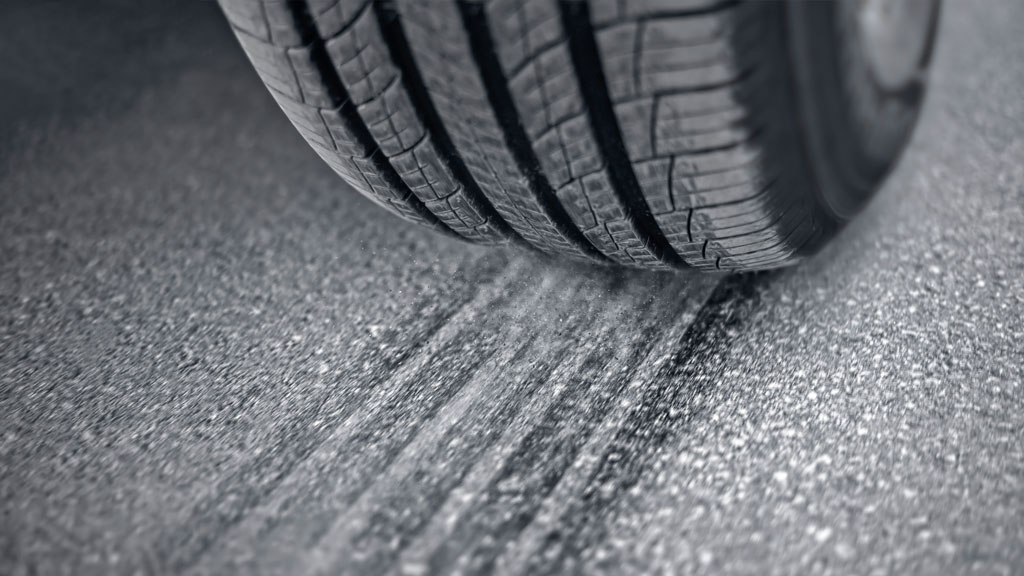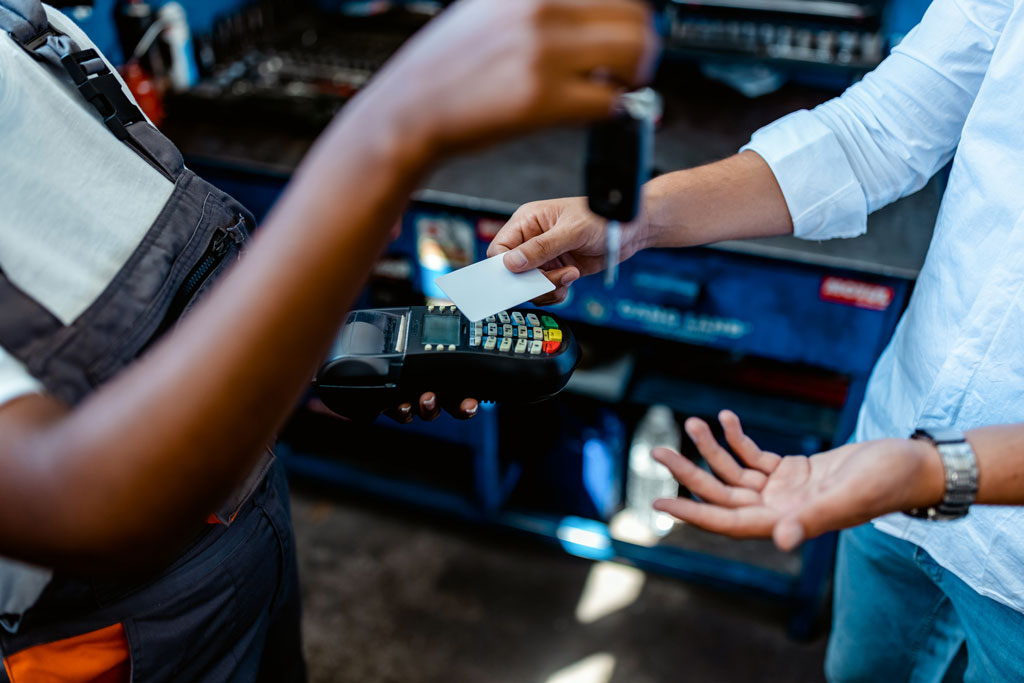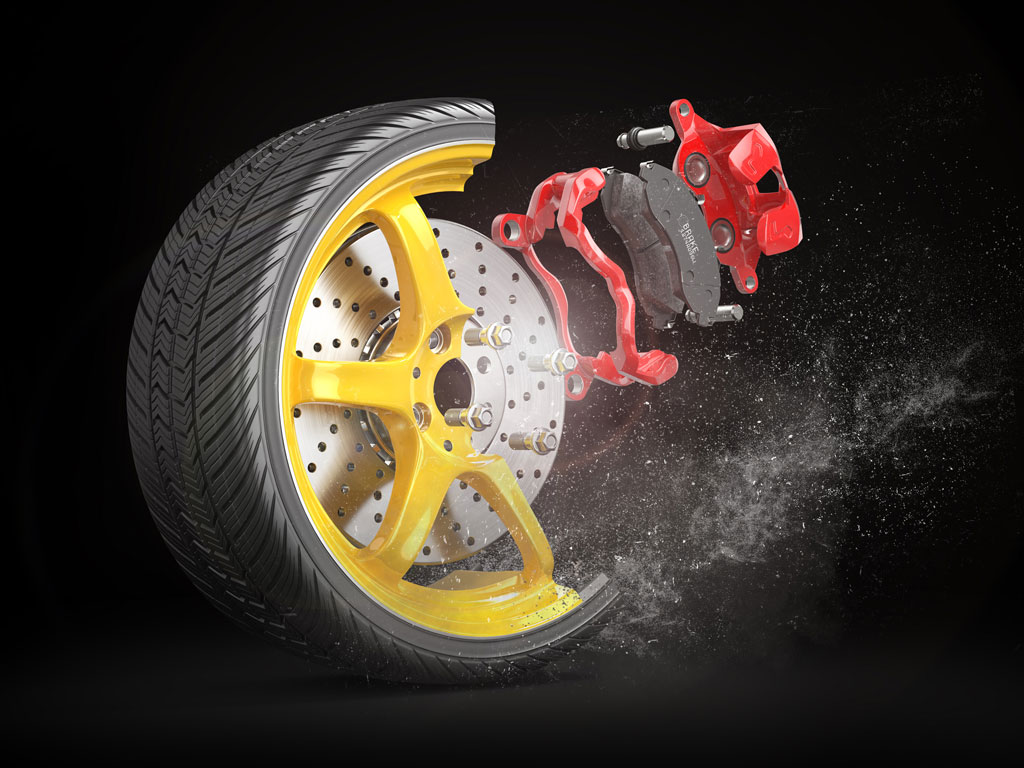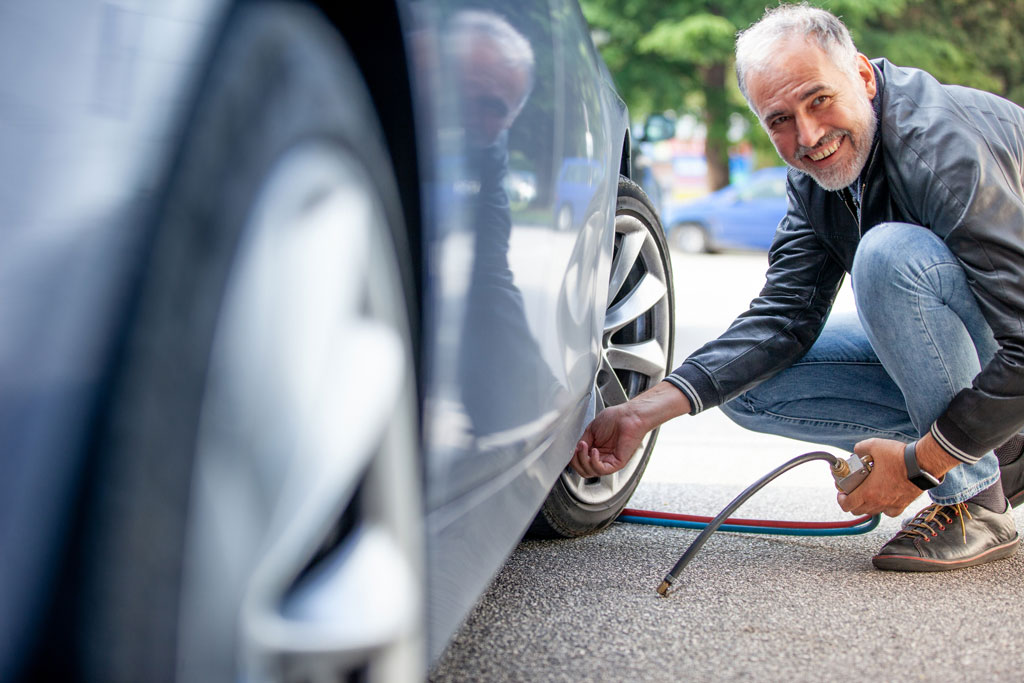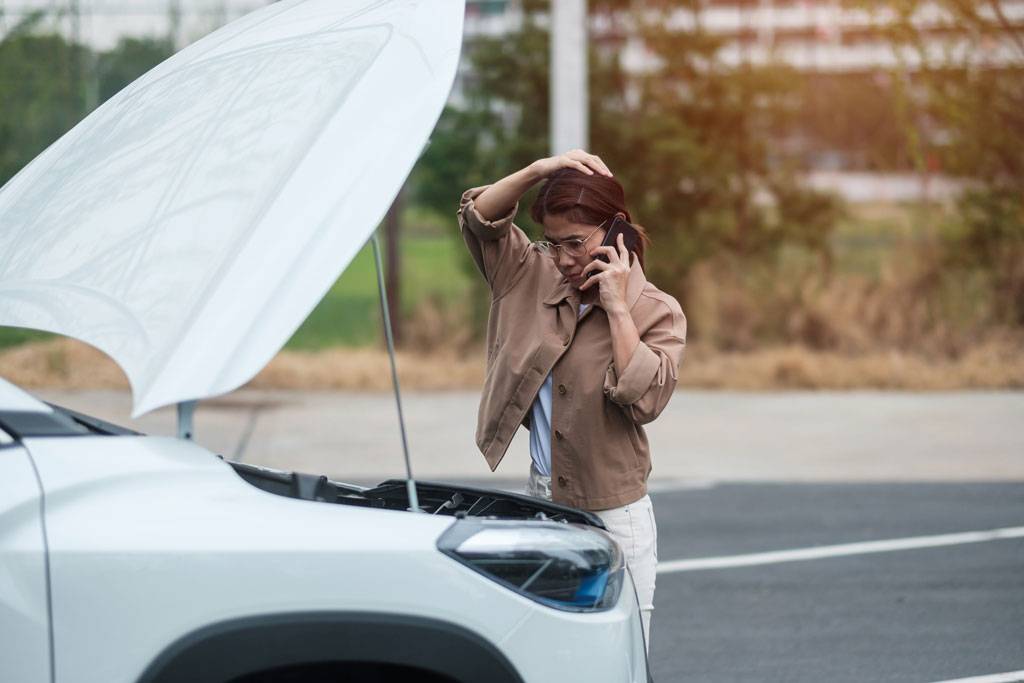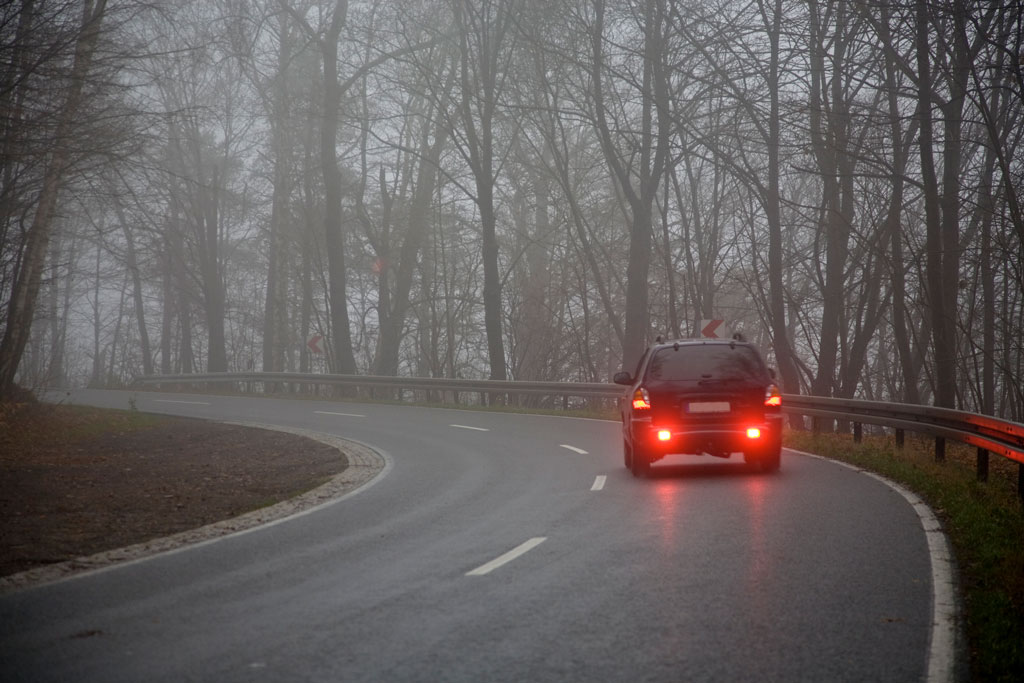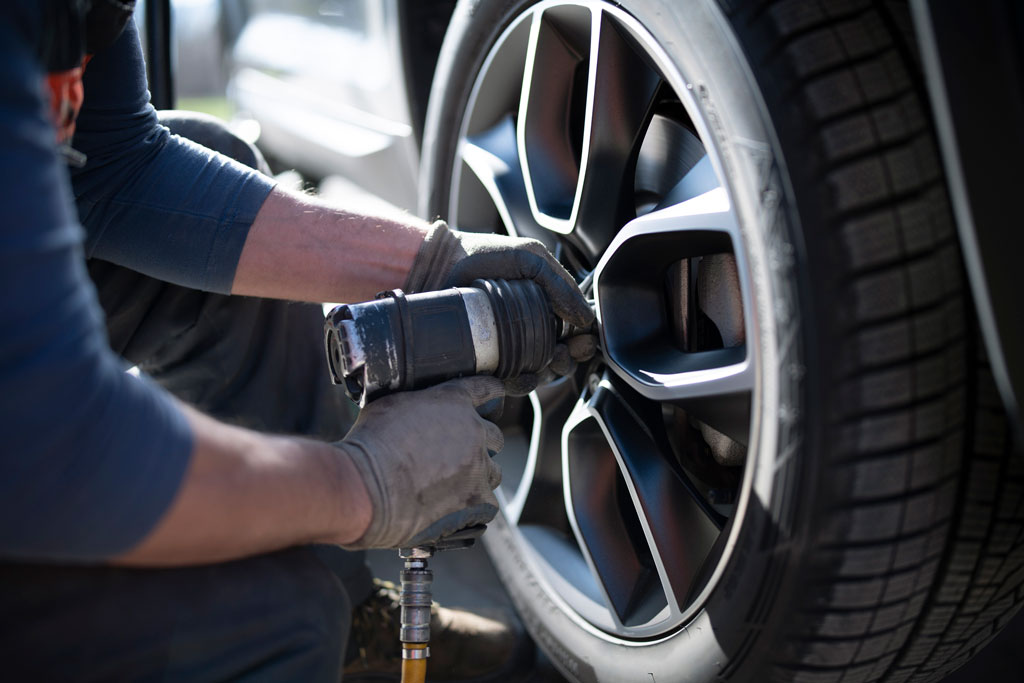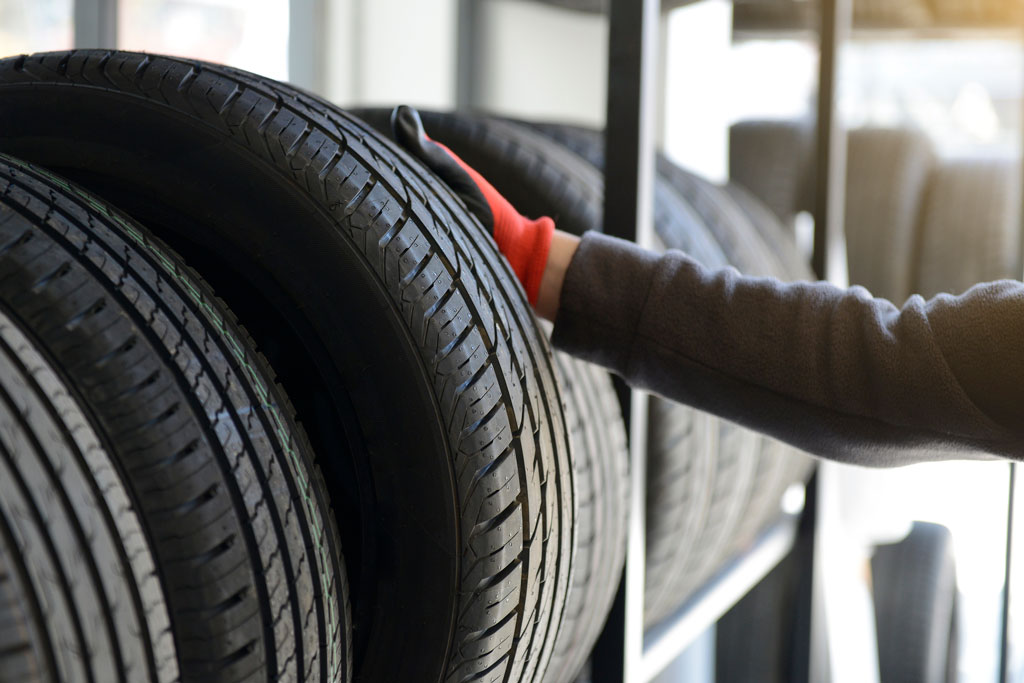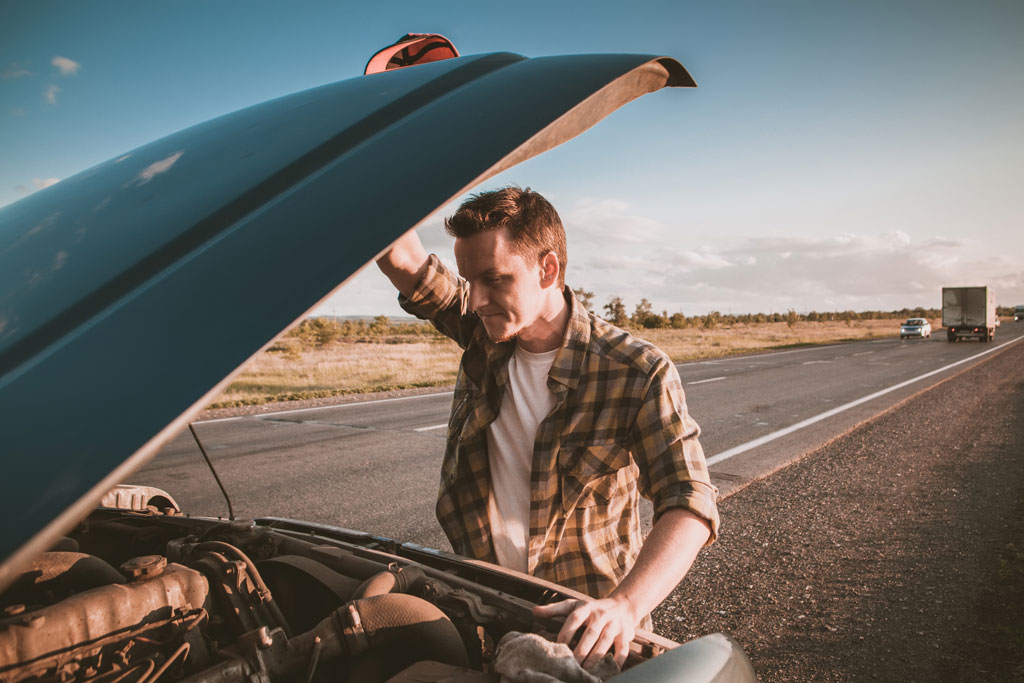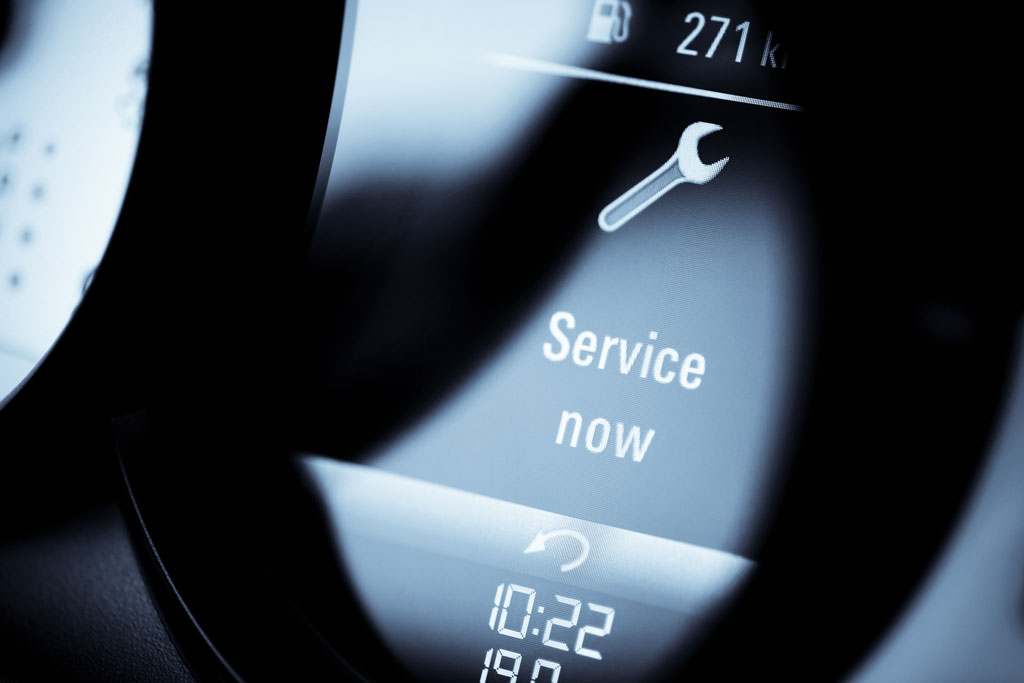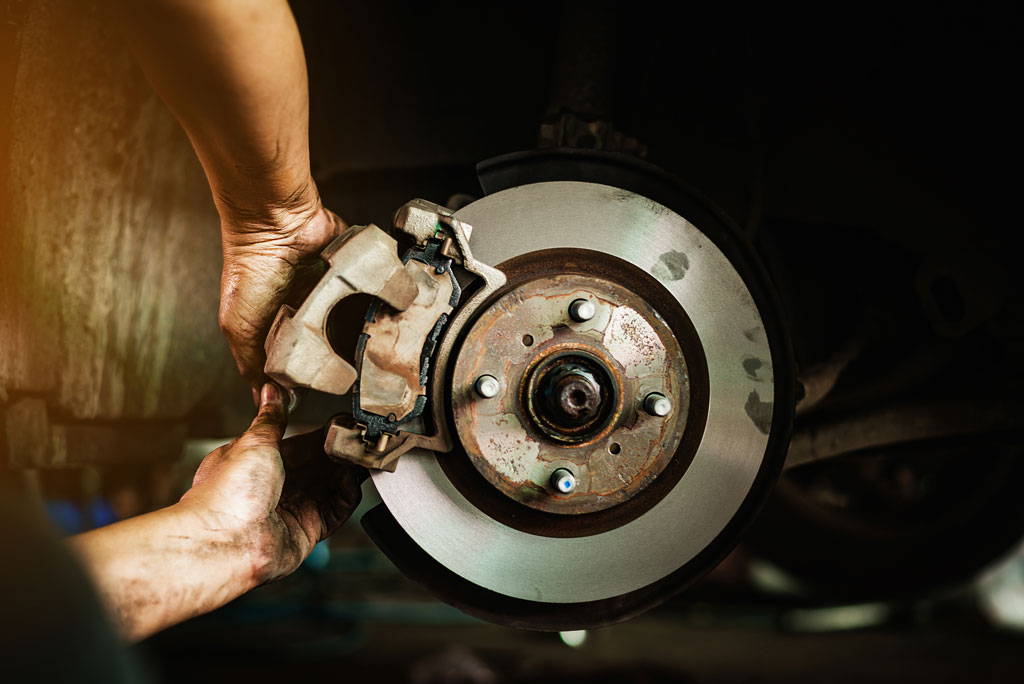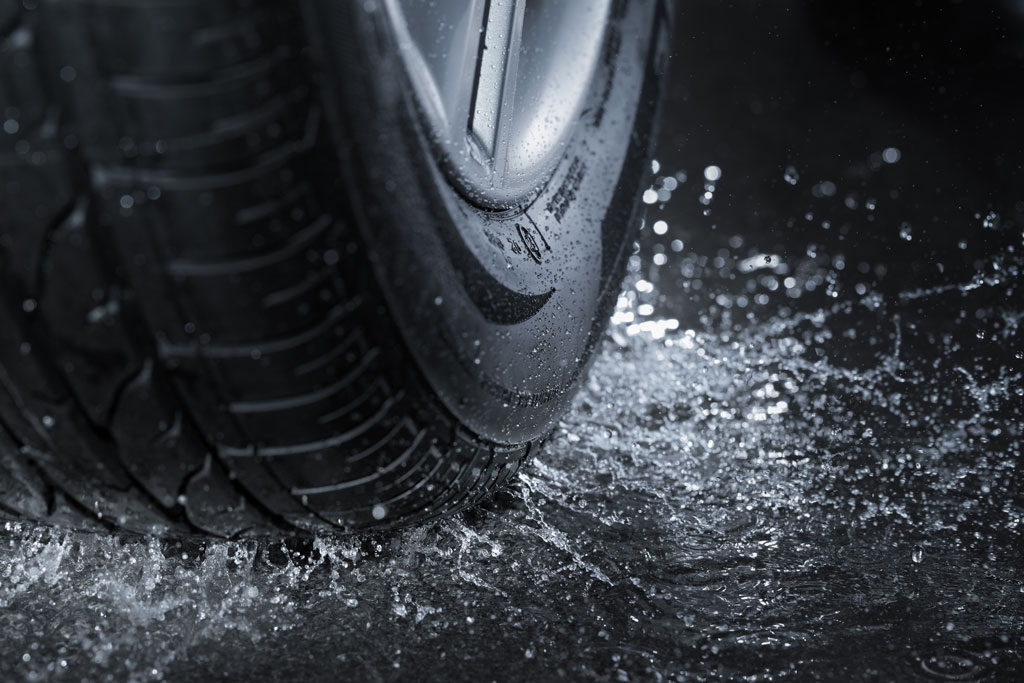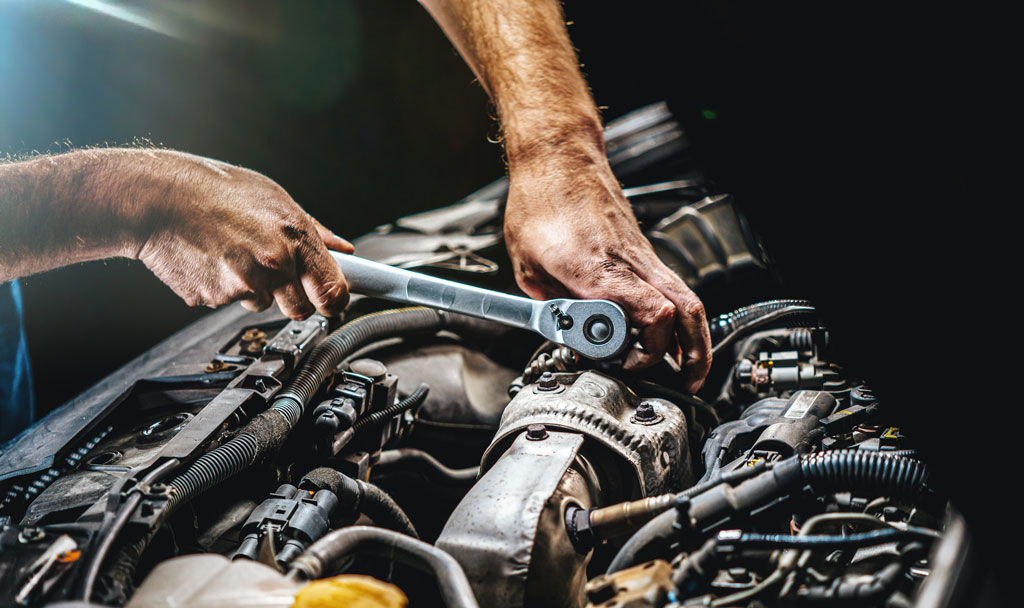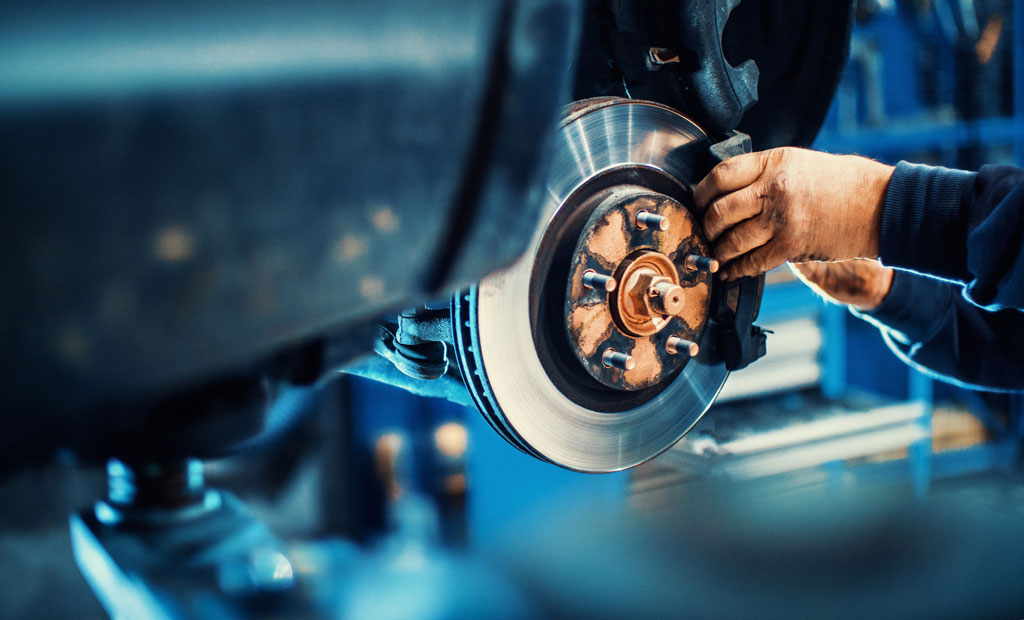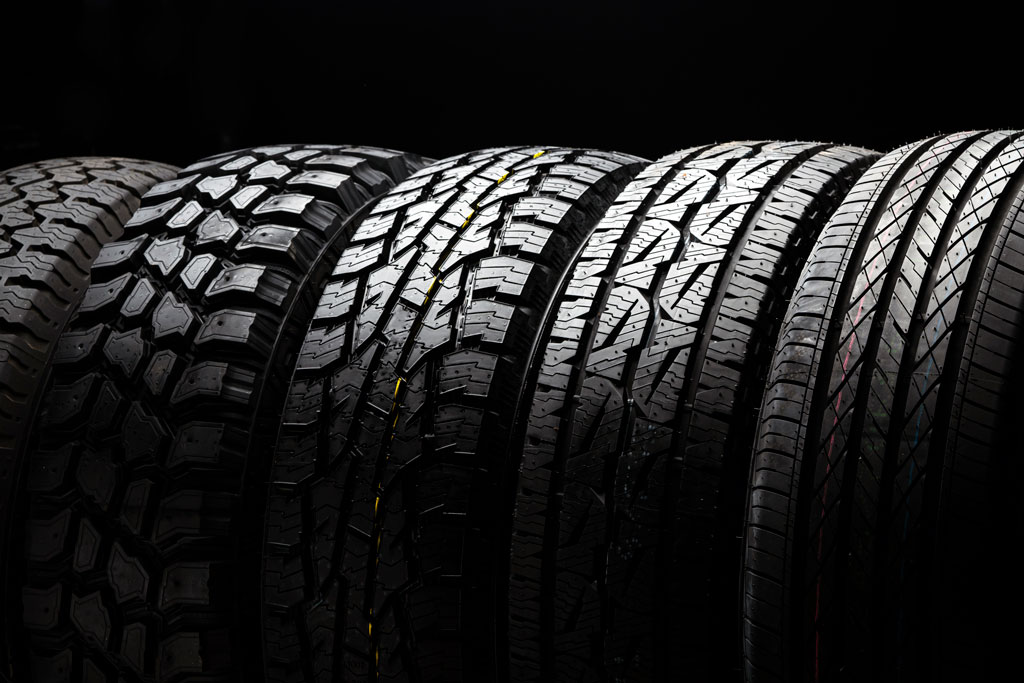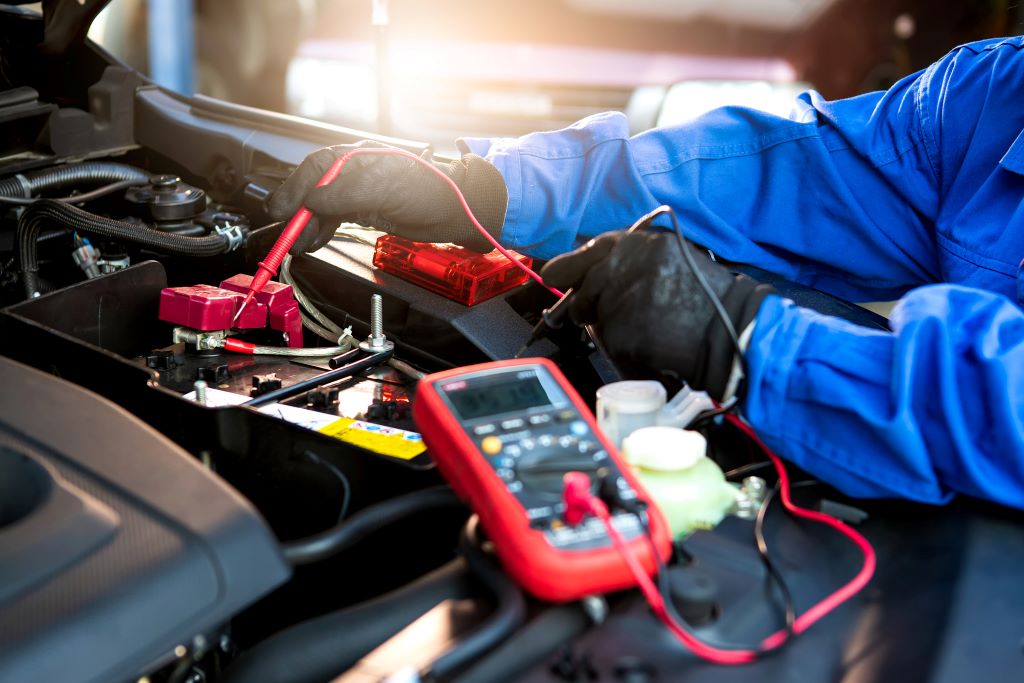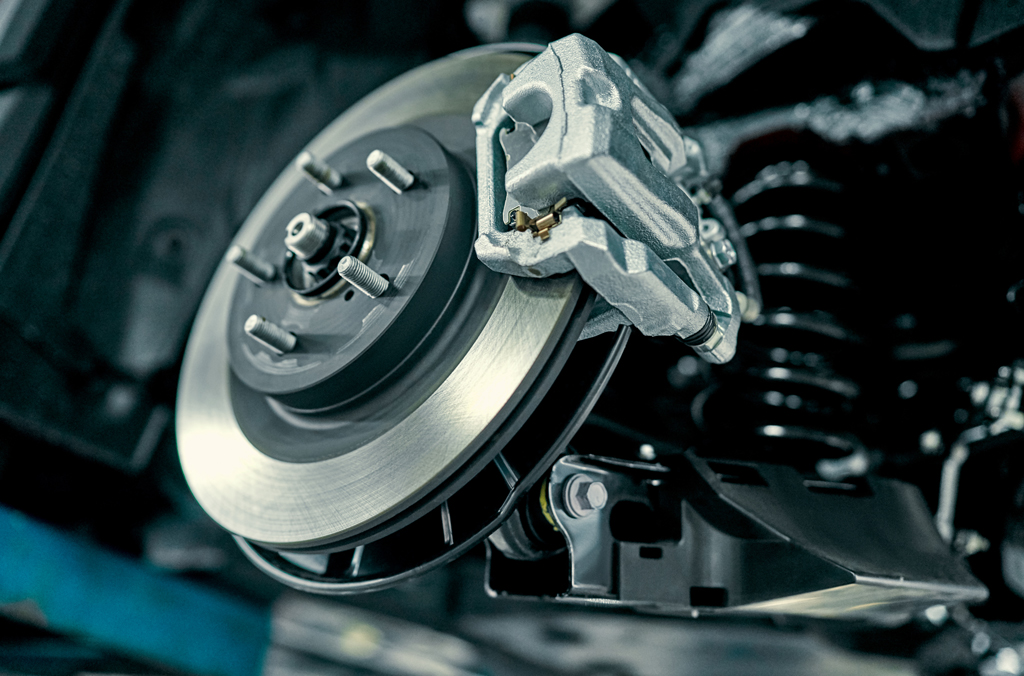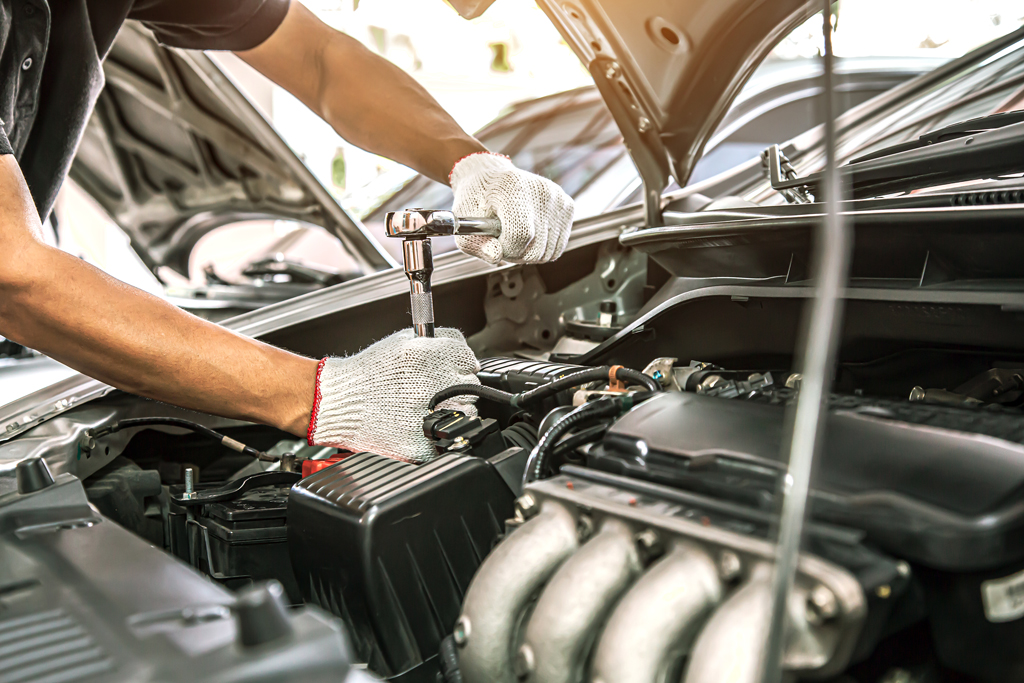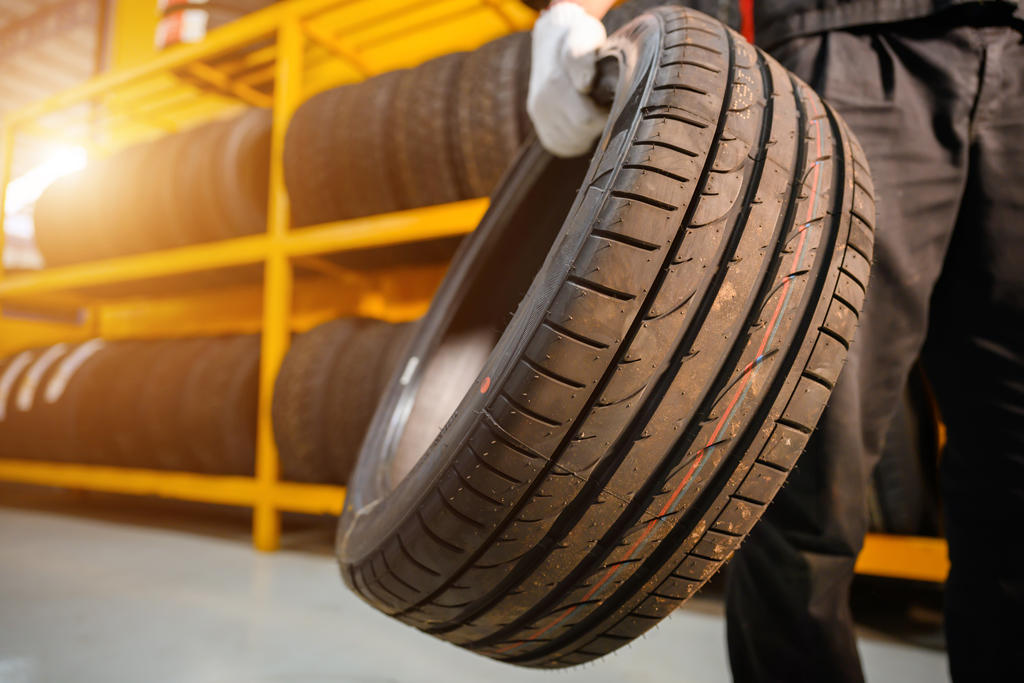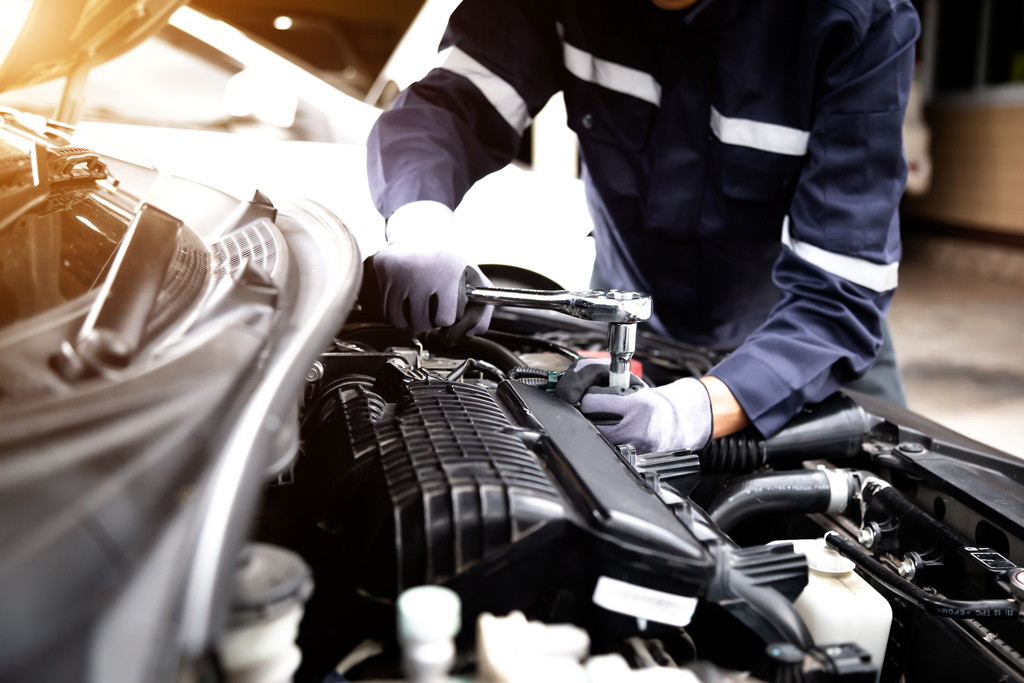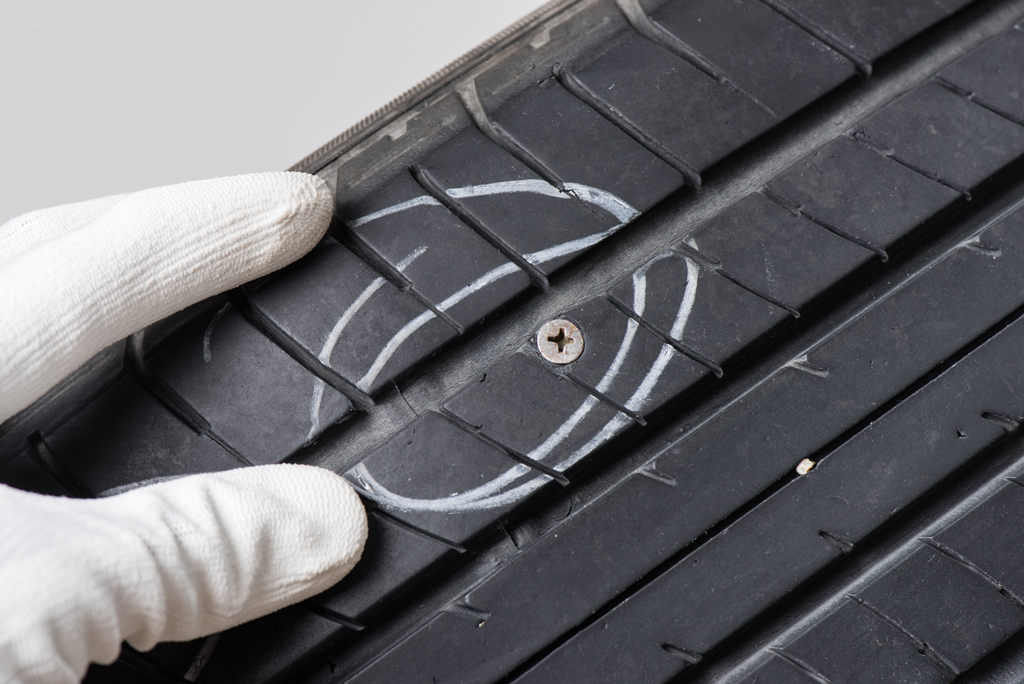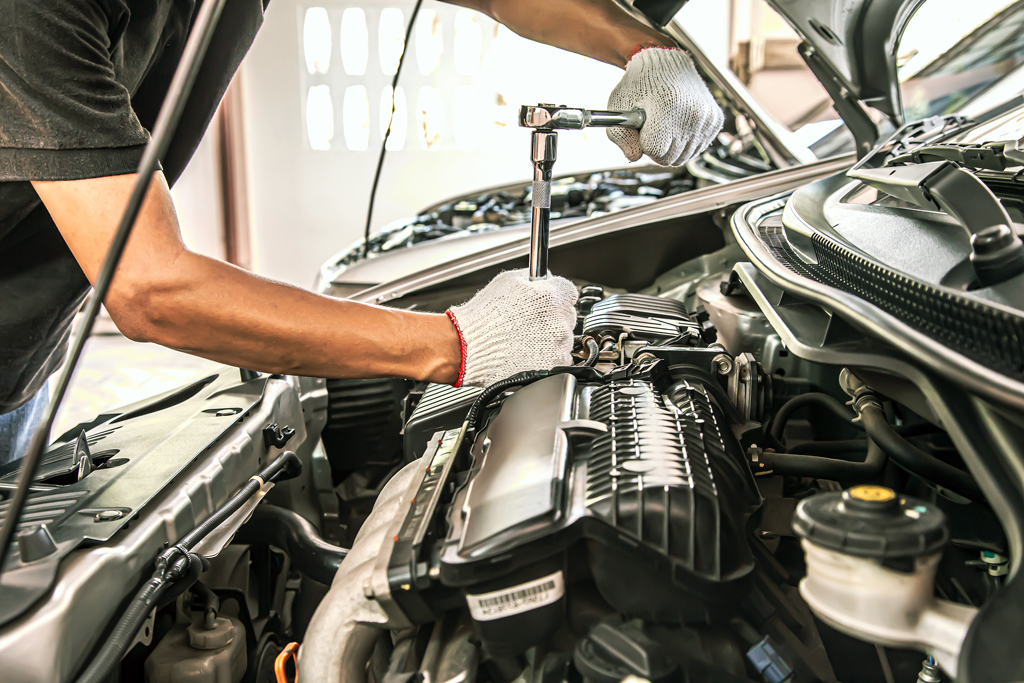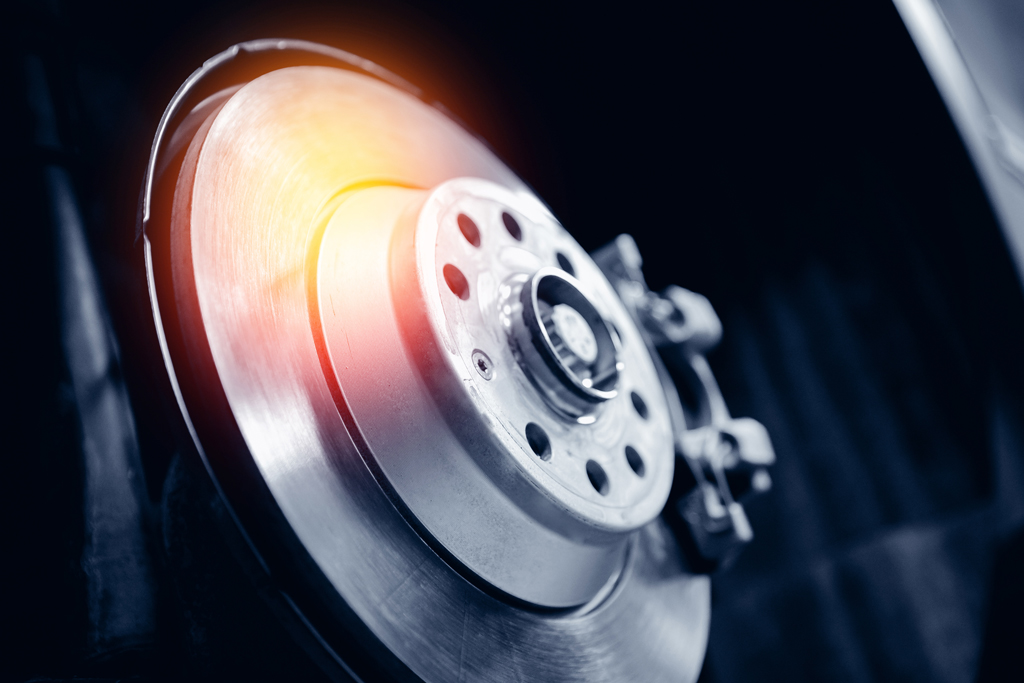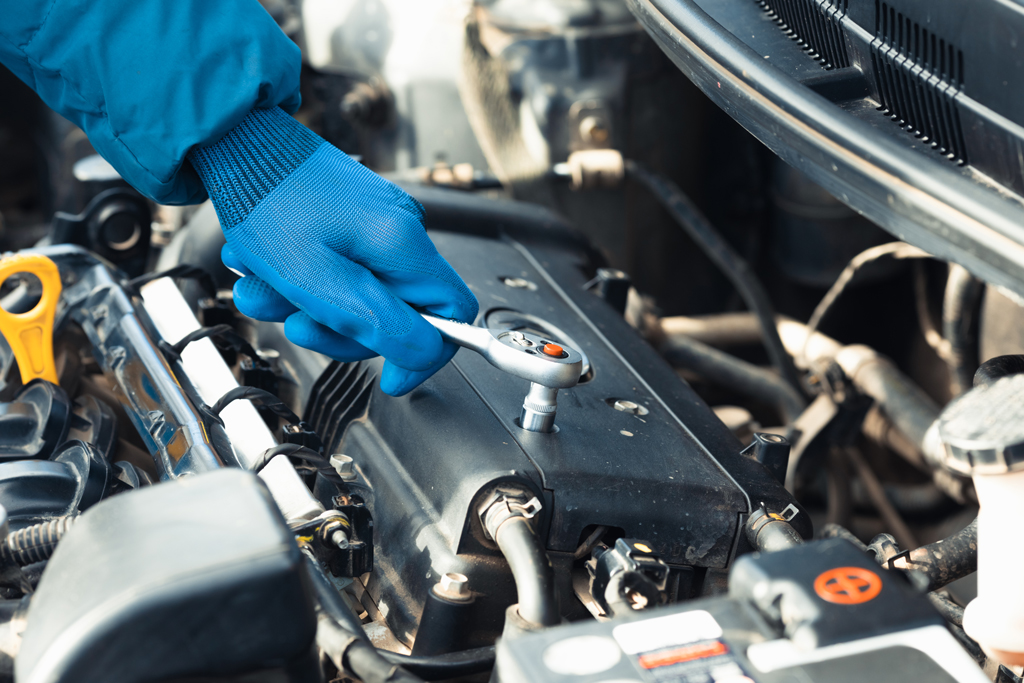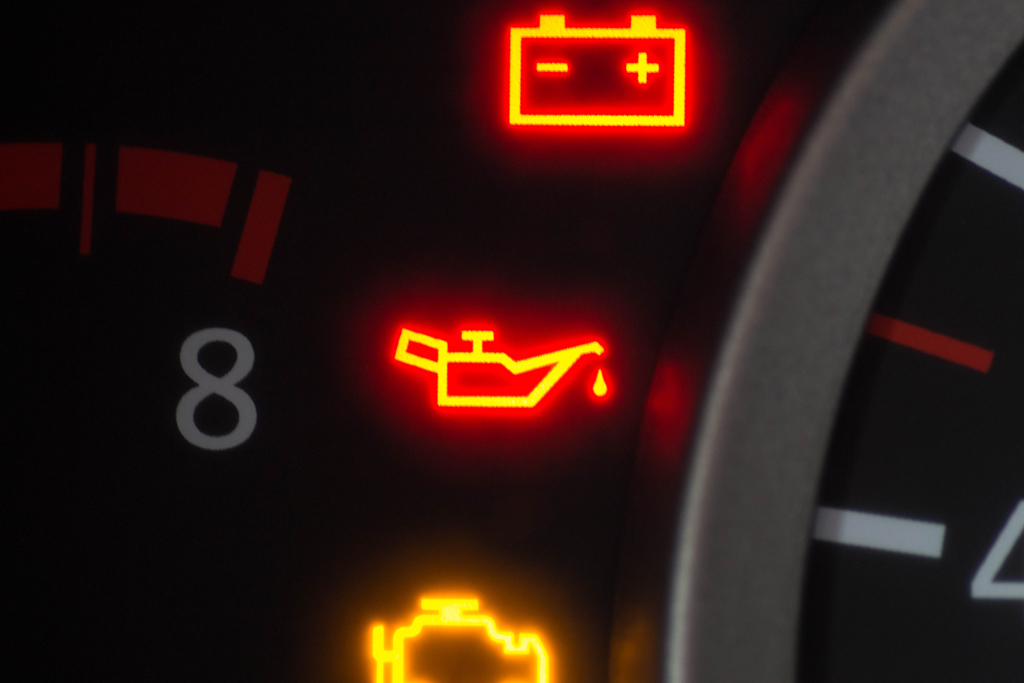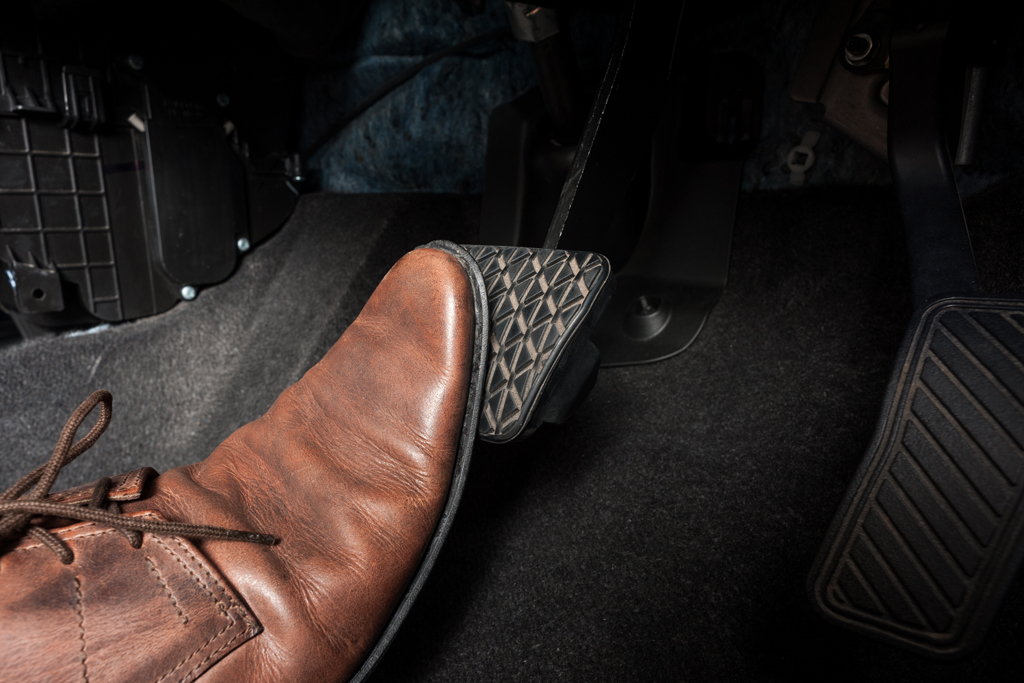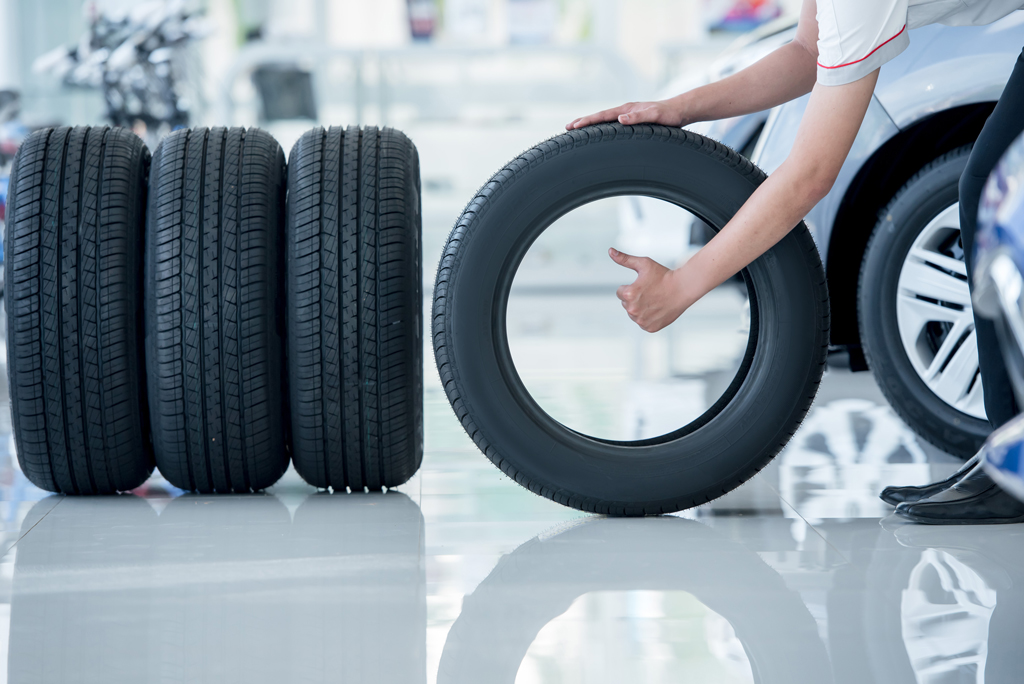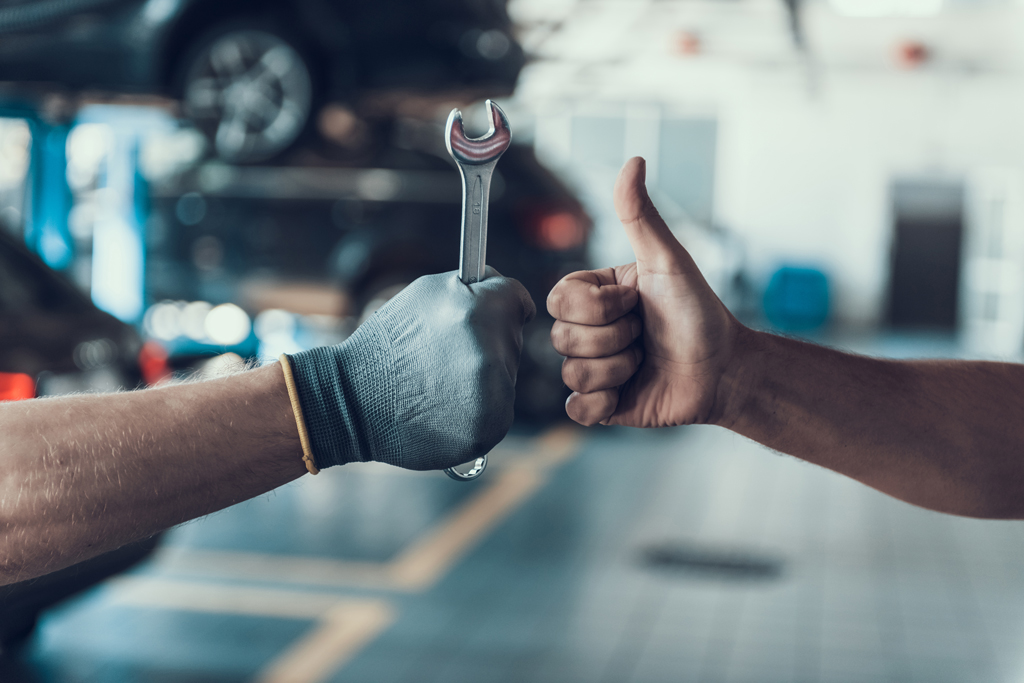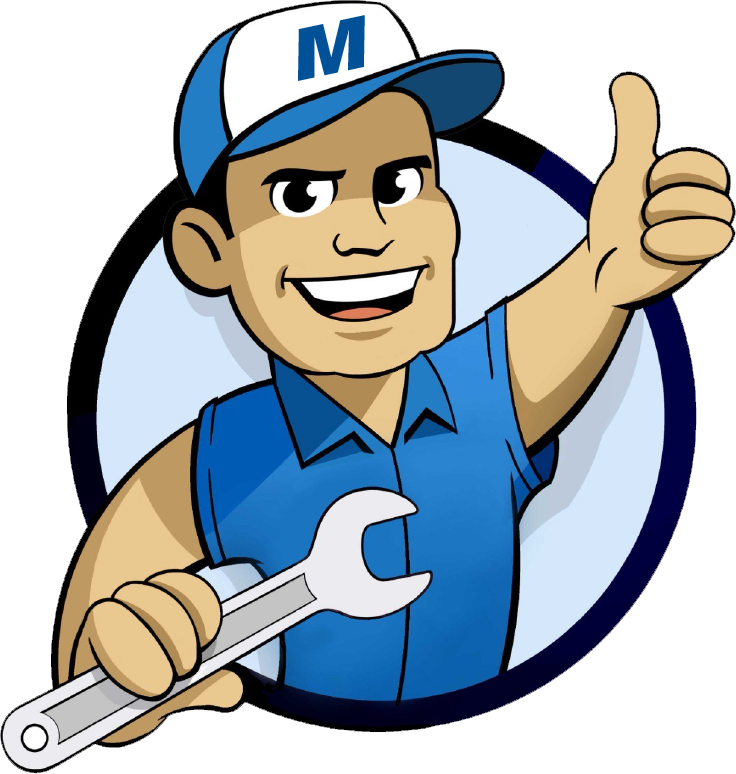How to Prepare Your Car for a Road Trip
To prepare your car for a road trip, follow these essential steps:
- Check Your Tires: Ensure proper tire pressure and adequate tread depth.
- Inspect Fluid Levels: Check engine oil, coolant, brake fluid, and windshield washer fluid.
- Test Your Battery: Make sure it’s charged and free of corrosion.
- Check Brakes: Inspect brake pads, discs, and fluid levels for safe stopping.
- Test Lights and Wipers: Ensure all lights work and wipers are in good condition.
- Pack an Emergency Kit: Include essentials like a spare tire, tools, a first-aid kit, and snacks.
Proper preparation ensures a safe and smooth journey!

Are you ready to embark on an unforgettable road trip? Whether you’re cruising through the charming streets of Gretna, LA, or exploring the scenic routes near Harvey and Terrytown, nothing beats the thrill of the open road.
But before you rev up your engine and set off on your adventure, there’s one crucial step you need to take—preparing your car. Proper preparation ensures a smooth, safe, and enjoyable journey. So, let’s dive into the essential steps to get your car road trip ready!
Importance of Preparing Your Car for a Road Trip
Why Proper Preparation Matters
When it comes to a road trip, the excitement of the journey often overshadows the practical aspects—like making sure your car is ready to go. However, taking the time to prepare your car can be the difference between a memorable adventure and a stressful ordeal.
Proper preparation ensures that your vehicle is not only safe but also comfortable for long hours on the road. It helps you avoid unexpected delays and ensures that you can fully enjoy the sights and experiences along the way without worrying about car troubles.
Consequences of Skipping Car Maintenance Before a Road Trip
Neglecting car maintenance before a road trip can lead to serious consequences. For starters, you could find yourself dealing with something as minor as a flat tire or as major as a complete engine failure. Imagine being stranded miles away from the nearest town or service station, with no easy way to get help.
Additionally, ignoring maintenance can reduce your car’s fuel efficiency, leading to more frequent—and costly—stops for gas. Worse, any underlying issues with your vehicle can become aggravated by long drives, turning what could have been a minor fix into a major repair.
Essential Car Maintenance Checks
Inspecting the Tires
Your tires are literally where the rubber meets the road, so ensuring they’re in top shape is crucial before any road trip.
Start by checking the tire pressure—underinflated tires can affect your car’s handling and fuel efficiency, while overinflated ones can be more prone to blowouts.
Don’t forget to inspect the tread depth as well. Worn-out tires can reduce traction, especially in wet conditions, increasing the risk of skidding.
Checking Fluid Levels
Your car relies on several important fluids to function smoothly, and each one plays a critical role during long drives. Here’s a quick rundown of what to check:
- Engine Oil: This keeps your engine running smoothly by reducing friction between moving parts. Make sure it’s at the right level and hasn’t become too dirty or thick.
- Coolant: This helps regulate your engine’s temperature. A lack of coolant could cause your engine to overheat, leading to serious damage.
- Brake Fluid: Essential for the proper functioning of your brakes, low levels of brake fluid can lead to brake failure, which is especially dangerous during a road trip.
- Transmission Fluid: This lubricates your transmission system, ensuring smooth gear shifts. Low or dirty transmission fluid can lead to transmission problems, which are costly to fix.
- Windshield Washer Fluid: While it might seem minor, having enough windshield washer fluid is important for keeping your windshield clear of bugs, dirt, and other debris that could obstruct your view.
Battery Inspection
A dead battery is one of the most common reasons for roadside breakdowns, and it’s definitely something you want to avoid on a road trip.
Before you go, check your battery’s charge level and inspect it for any corrosion around the terminals.
If your battery is more than three years old, it might be wise to have it tested to ensure it can handle the demands of a long drive. If there’s any doubt, replacing the battery might save you from a frustrating delay later on.
Brake System Check
Your brakes are arguably the most critical safety feature on your car, so it’s vital to ensure they’re in good working order before setting off. Start by checking the brake pads and discs for wear—thin or uneven pads could indicate it’s time for a replacement.
Listen for any unusual noises when you brake, like squeaking or grinding, as these can be signs of problems that need addressing. Lastly, ensure that your brake fluid is topped up and that there are no leaks in the brake lines.
Safety Features and Equipment
Testing Lights and Signals
Before you start your road trip, it’s essential to ensure that all of your car’s lights and signals are functioning properly.
This includes headlights, brake lights, and turn signals. Headlights are crucial for visibility at night and in poor weather conditions, so make sure they’re bright and well-aligned.
Brake lights alert drivers behind you when you’re slowing down or stopping, reducing the risk of rear-end collisions.
Inspecting Wipers and Windshield
Clear visibility is a must for safe driving, and your windshield wipers play a big role in that. Over time, wiper blades can wear out, leaving streaks or even scratching the windshield, which can obstruct your view. Inspect the blades for signs of wear, such as cracks or a rough edge, and replace them if necessary.
Also, ensure that your windshield is free from cracks or chips that could worsen during the trip. If you spot any significant damage, it’s best to get it repaired before hitting the road.
Stocking Emergency Supplies
No matter how well-prepared you are, unexpected situations can arise during a road trip, so it’s wise to have an emergency kit on hand. Your kit should include basics like a spare tire, jack, and lug wrench, in case of a flat tire.
Additionally, pack a first-aid kit, flashlight with extra batteries, jumper cables, and a multi-tool. Consider adding a few extra items like bottled water, non-perishable snacks, and a blanket, just in case you find yourself waiting for help in a remote area.

Packing and Loading Tips
Distributing Weight Evenly
When packing your car for a road trip, how you load your belongings is just as important as what you bring. Distributing the weight evenly across the car helps maintain balance, making your vehicle easier to control, especially at high speeds or on winding roads.
Place heavier items, like suitcases or coolers, low and towards the center of the car, ideally in the trunk. Avoid putting too much weight on one side, as this can cause your car to pull to one side, making it harder to drive safely.
Avoiding Overloading the Car
It’s tempting to pack everything you think you might need, but overloading your car can lead to serious issues. An overloaded car puts extra strain on your tires, suspension, and brakes, which can increase the risk of breakdowns.
It can also negatively affect your car’s handling and fuel efficiency. To avoid overloading, pack only what you truly need and leave behind items that are non-essential. If you’re unsure about your car’s weight limit, check the owner’s manual for guidance.
Securing Loose Items
Loose items in your car can become dangerous projectiles in the event of a sudden stop or collision. To keep everyone safe, make sure all items are securely stowed away. Use the car’s storage compartments, or place items in a secure, organized manner in the trunk.
If you need to carry larger items, consider using a roof rack or cargo carrier to keep the interior of the car clutter-free. Just be sure that anything on the roof is tightly secured to prevent it from coming loose while driving.
Ensuring Clear Visibility
Keeping your field of vision clear is crucial for safe driving, so be mindful of how you pack your car. Avoid stacking items so high that they block your view out of the rear window or obstruct your side mirrors.
Place larger bags and bulkier items in the trunk, and keep the backseat area as clear as possible. Additionally, keep essential items like snacks, maps, and charging cables within easy reach so you don’t have to rummage around while driving. This way, you can stay focused on the road and enjoy the drive.
Planning Your Route and Stops
Mapping Out Your Route
Before you start your journey, take some time to plan your route. While it might be tempting to just go with the flow, having a clear plan can save you time and reduce stress.
Use GPS or online maps to find the most efficient route to your destination. Identify major highways, scenic routes, and areas where you might encounter heavy traffic.
It’s also a good idea to mark key points of interest along the way, such as tourist attractions, rest stops, and gas stations.
Identifying Rest Stops and Gas Stations
Long drives can be tiring, so knowing where to take breaks is essential for staying alert and refreshed.
Plan to stop every couple of hours to stretch your legs, use the restroom, and grab a snack. It’s also wise to identify gas stations along your route, especially if you’re traveling through rural or remote areas where services might be sparse.
By planning these stops in advance, you can avoid running low on fuel or energy and ensure that everyone stays comfortable and safe throughout the trip.
Final Pre-Trip Checklist
Day-Before Departure Checks
The day before your road trip is the perfect time to do a final check on your car and make sure everything is ready to go:
- Recheck tire pressure and fluid levels: Ensure that engine oil, coolant, and windshield washer fluid are topped off and at the correct levels.
- Charge all electronics: Make sure your phone, GPS device, and portable chargers are fully powered and ready for the journey.
- Double-check packing: Verify that all essentials are packed and securely loaded in your car.
Morning-of Departure Checks
On the morning of your departure, take a few minutes to go over a final checklist:
- Verify important items: Ensure you have your driver’s license, registration, insurance papers, and any necessary maps or travel documents.
- Review your route: Familiarize yourself with the first leg of your journey and planned stops.
- Check car load: Make sure nothing shifted overnight and that visibility is still clear.
Once you’re satisfied that everything is in order, it’s time to buckle up, start the engine, and embark on your exciting road trip adventure!
Ready for Your Next Road Trip? Let Mr. Mechanic of Gretna Help!
Before you hit the road, make sure your car is in top shape with Mr. Mechanic of Gretna! Serving the Gretna, Harvey, and Terrytown areas, we’re here to ensure your vehicle is road trip-ready.
Don’t let unexpected car troubles ruin your adventure—visit us today and drive with confidence on your next journey!

FAQs
How often should I stop to rest during a road trip?
It’s recommended to take a break every two hours to stretch, use the restroom, and stay alert. Regular breaks help prevent fatigue and keep you focused on the road.
What should I do if my car breaks down during a road trip?
If your car breaks down, first move to a safe location away from traffic. Turn on your hazard lights, call for roadside assistance, and stay inside your car with the doors locked while you wait for help.
How can I improve my car’s fuel efficiency during a road trip?
To improve fuel efficiency, maintain a steady speed, avoid heavy acceleration and braking, and ensure your tires are properly inflated. Removing excess weight from your car and using cruise control on highways can also help.
Should I get my car serviced before a road trip?
Yes, it’s highly recommended to have your car serviced before a road trip. This includes an oil change, a general inspection of your vehicle’s systems, and addressing any issues that could affect your car’s performance on the road.
What emergency supplies should I have in my car for a road trip?
Your emergency kit should include a spare tire, jack, jumper cables, a first-aid kit, a flashlight, and basic tools. It’s also wise to pack extra food, water, blankets, and a phone charger in case of emergencies.



